32 worst things about owning a cat
They may be one of the world’s most popular pets, but these are the worst things about owning a cat
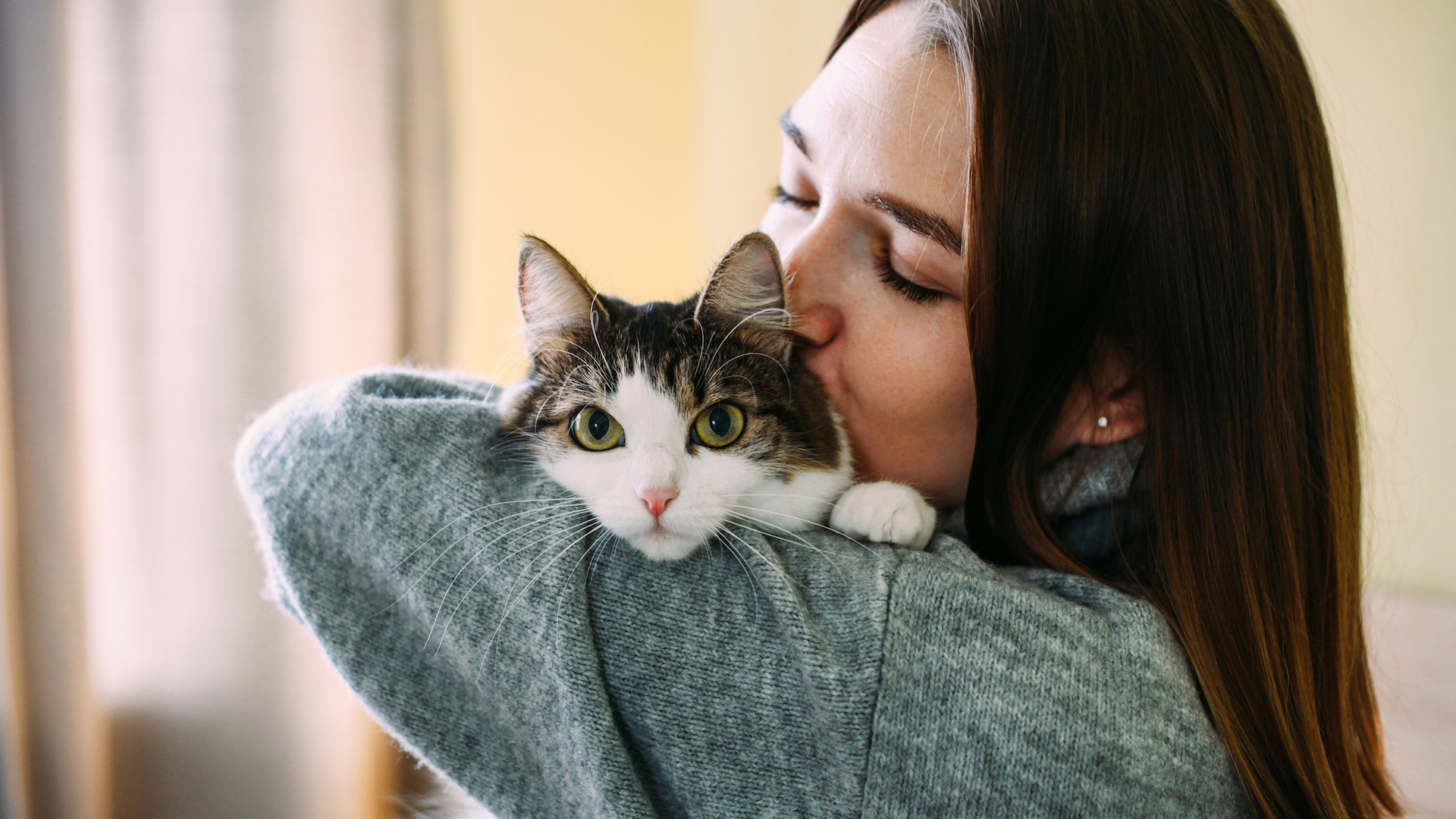
Cats are more popular than dogs in many countries in the world but that's not to say the worst things about owning a cat don't bother feline owners. Cats particularly suit city-dwellers, being unfussed about living in apartments and smaller houses, without a backyard. Cats are comparatively low-maintenance and don’t require regular daily exercise.
However, sharing your home with a feline ball of fluff inevitably has its cons alongside the pros. Cats scratch, they mew, they hiss and however clean they are, they shed hair and make messes.
A cat can make a fantastic companion, but you need to be prepared to embrace the rough with the smooth. And if you can cope with the downsides, the benefits are immense.
Let’s take a look at some of the worst things about owning a cat.
32 worst things about owning a cat
1. The gifts of dead animals
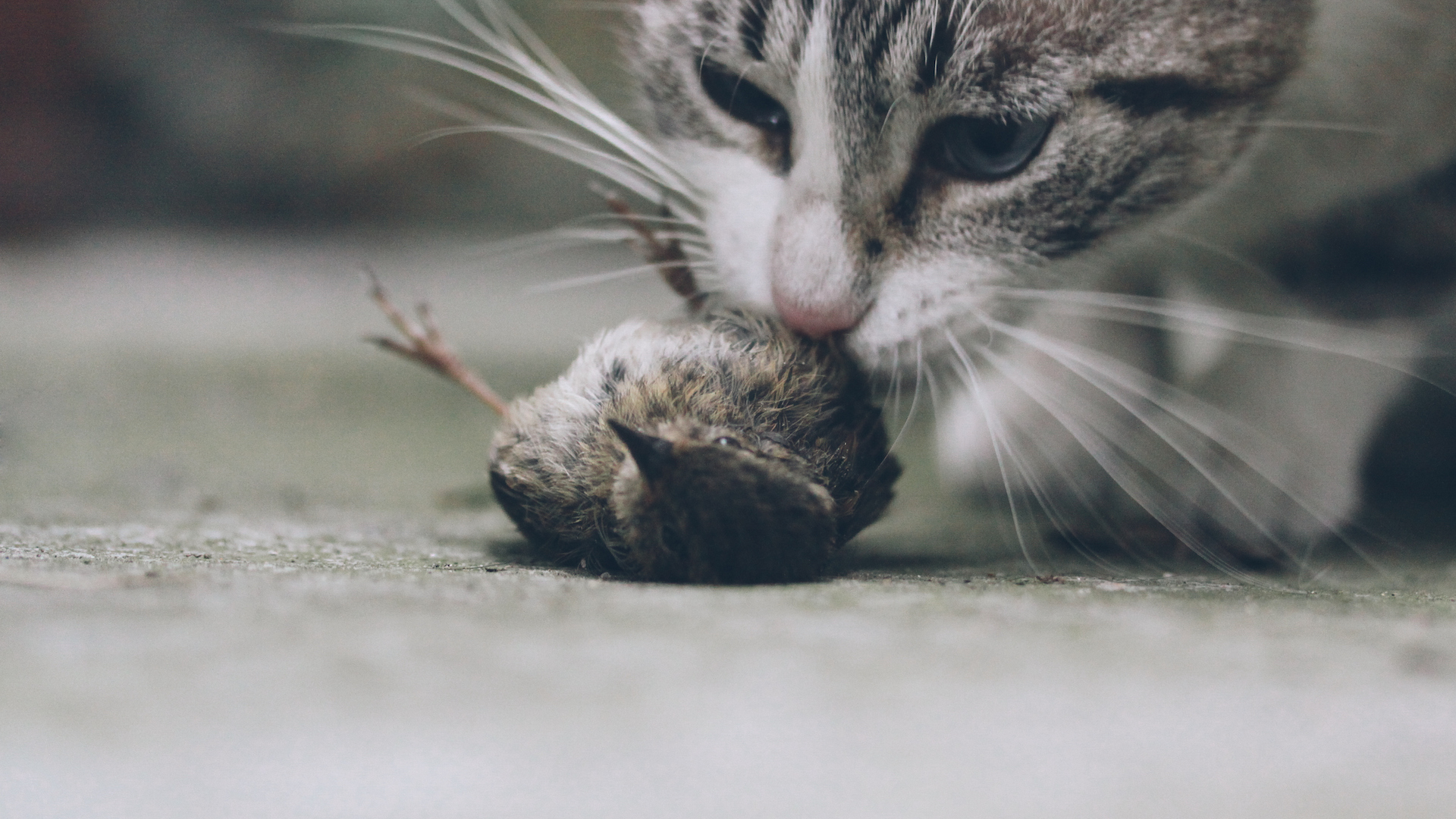
You’re delighted your dear kitty has caught a mouse – it’s one of the reasons you own a cat – but you do not need to see the trophy. The same goes for birds, rats, shrews and any other kind of prey.
2. Vet bills

Never mind whether you have a pedigree Bengal or a rescue cat, vet fees can quickly become astronomical. Even if you have a fit and healthy cat, accidents happen and there are also routine vaccinations, microchips and worming pills. Veterinary costs tend to go up as the cat ages. Many people choose to insure their feline, but you’ll still have to shell out for significant monthly premiums (which are likely to rise if you claim) and the excess.
3. Smelly litter boxes
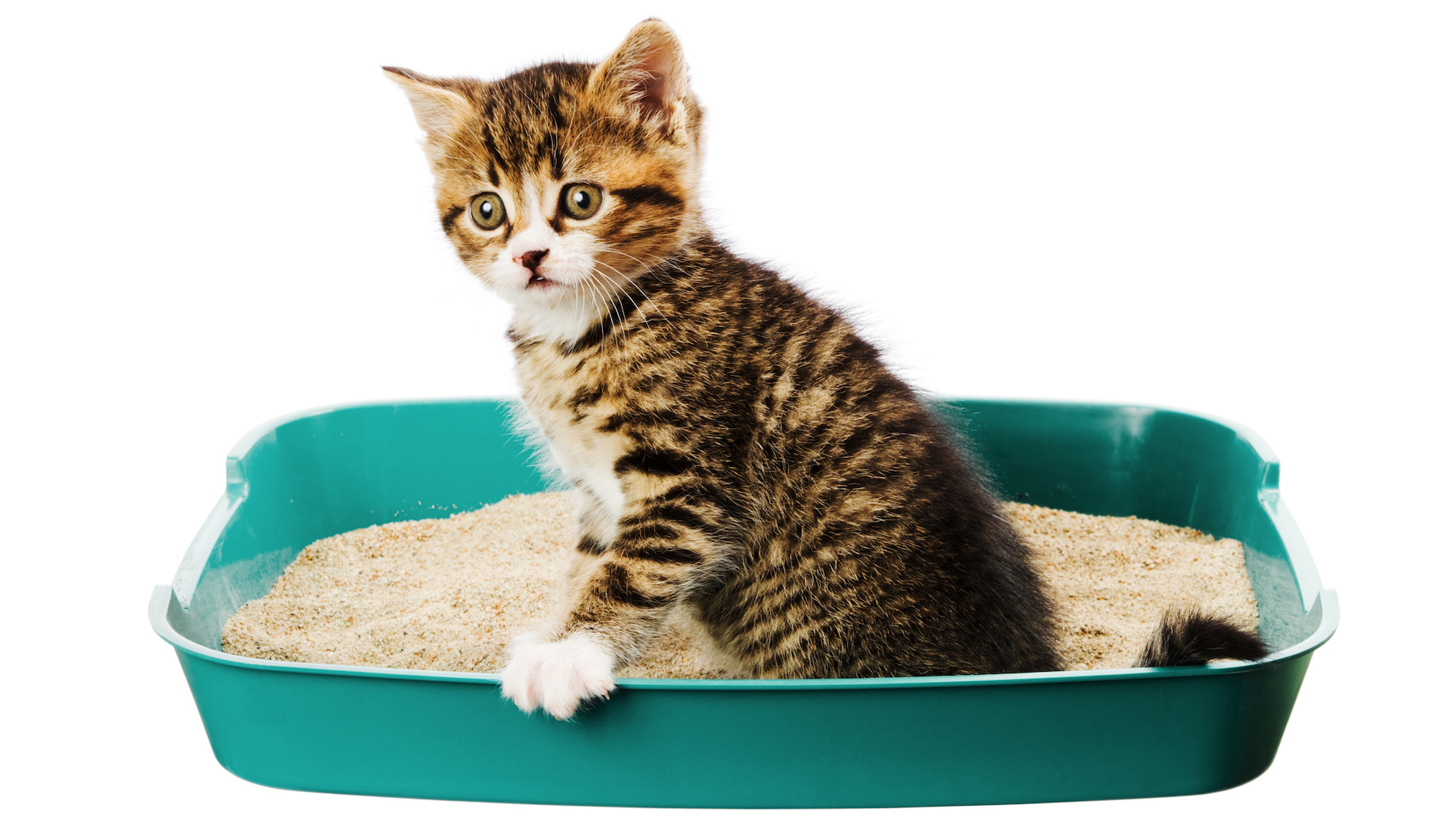
We’re grateful that the cat has a set place to do its business, but a litter tray is effectively an open, unflushed toilet, and so needs regular cleaning so that your house doesn’t smell like a public facility.
Get the best advice, tips and top tech for your beloved Pets
4. They damage furniture
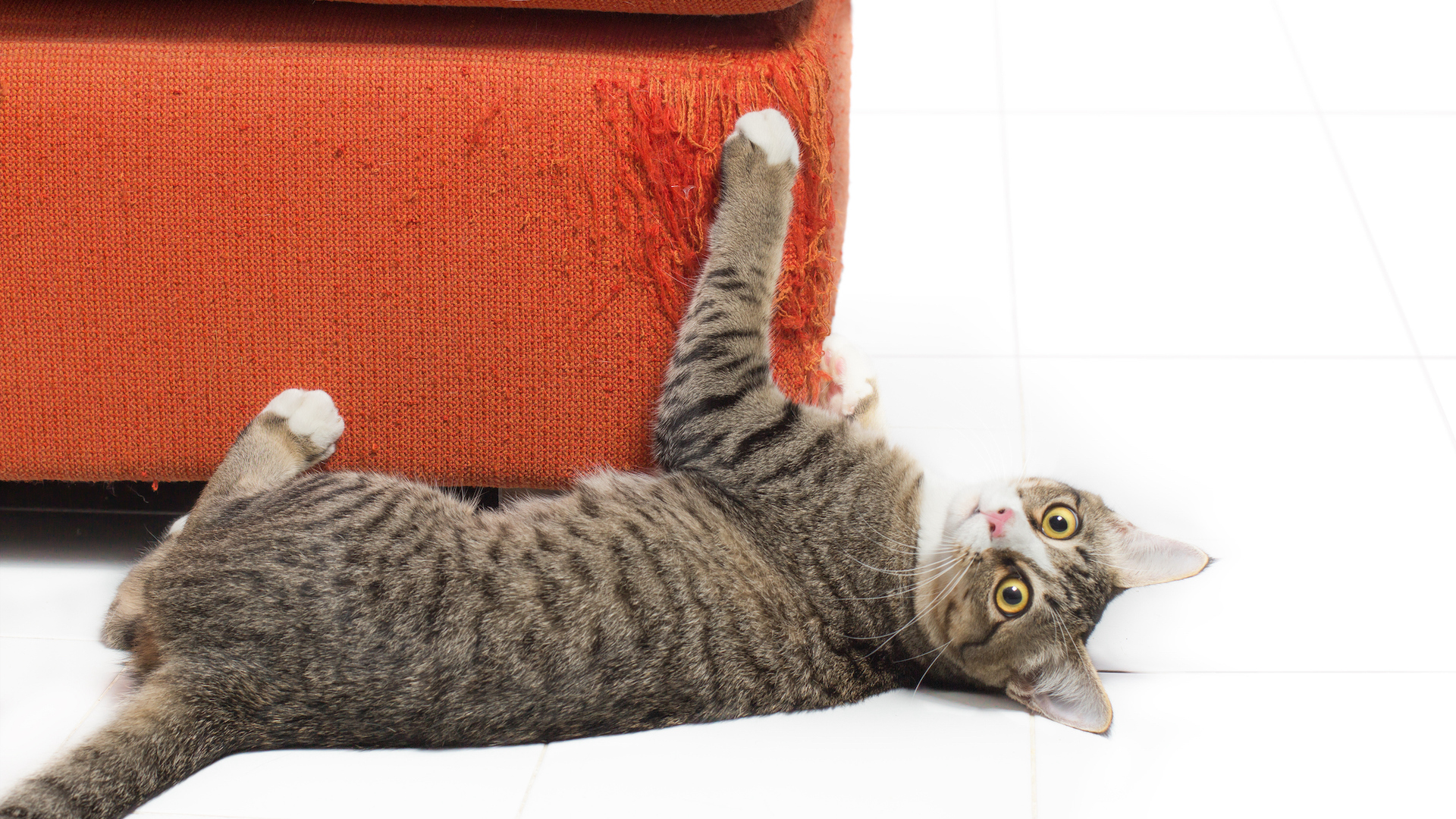
Cats love to scratch furniture, whether it’s embedding their claws in your newly upholstered sofa or sharpening them down a freshly painted door frame. Whether it‘s boredom, stress relief, exercise or some sort of territorial scent-marking, it’s not good for those who cherish a pristine home. Buy them a scratching post and hope that deters them.
5. Fleas
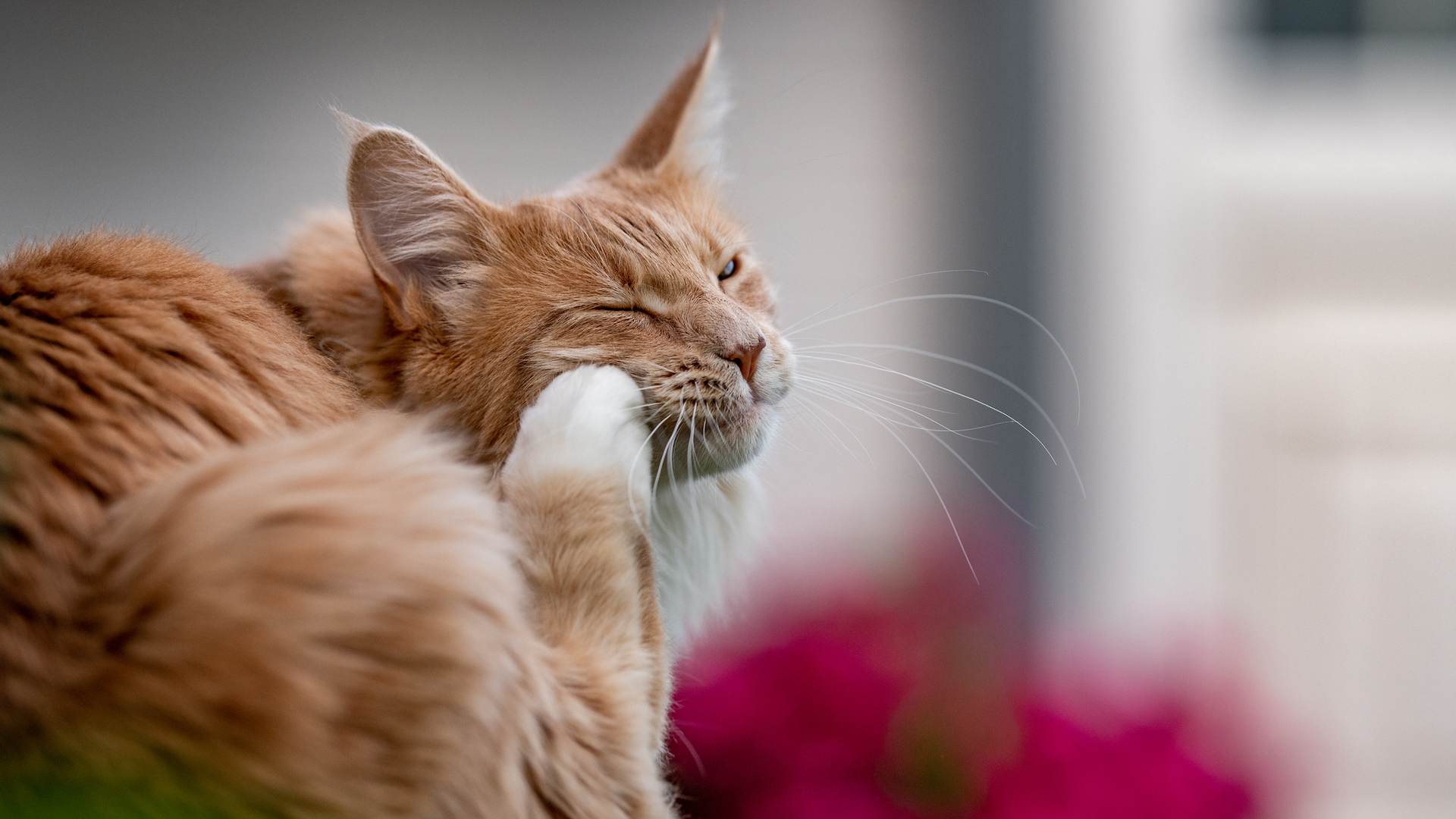
Fleas find a very happy home living on a cat. Outdoor cats are more prone, and when fleas set in, it is mighty hard to exterminate them. They get everywhere, not only all over the cat, his bed and wherever he has been, but they multiply extremely rapidly, leaving thousands of eggs surviving in nooks, crannies and carpets even when the adults have been destroyed. It is a long and persistent cycle to rid your house of them, and can take months.
6. They scratch people
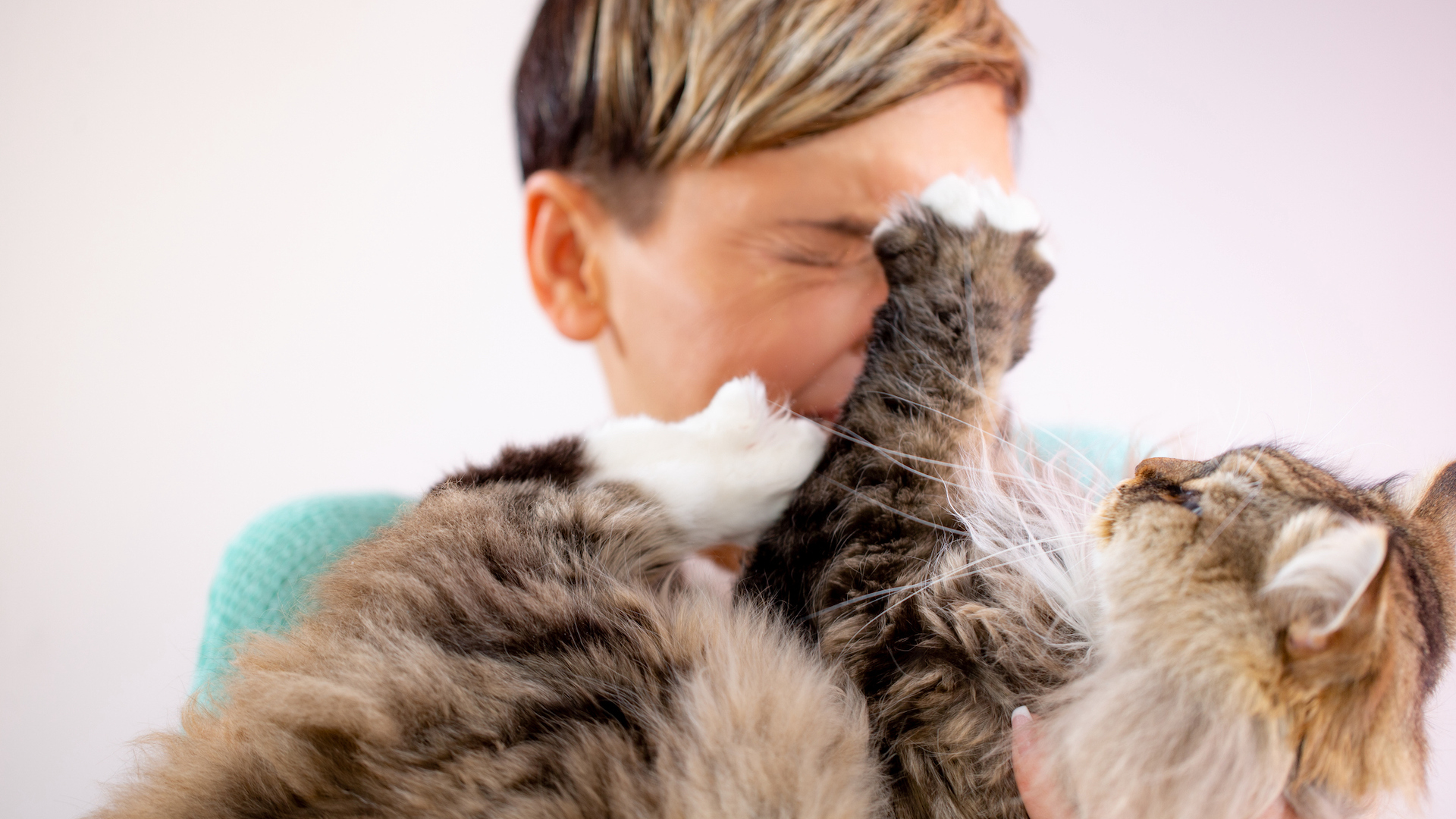
Cats have an innate need to scratch, it is an instinctive behavior, and they do it to maintain their claws and also to mark territory as they have scent glands in their paws. However, when they choose to sharpen their claws on human flesh – even their loving owner – something else is going on. It’s usually due to overstimulation, a feline form of social play and expending energy or to defend themselves from something they find annoying or threatening.
7. No more lie-ins
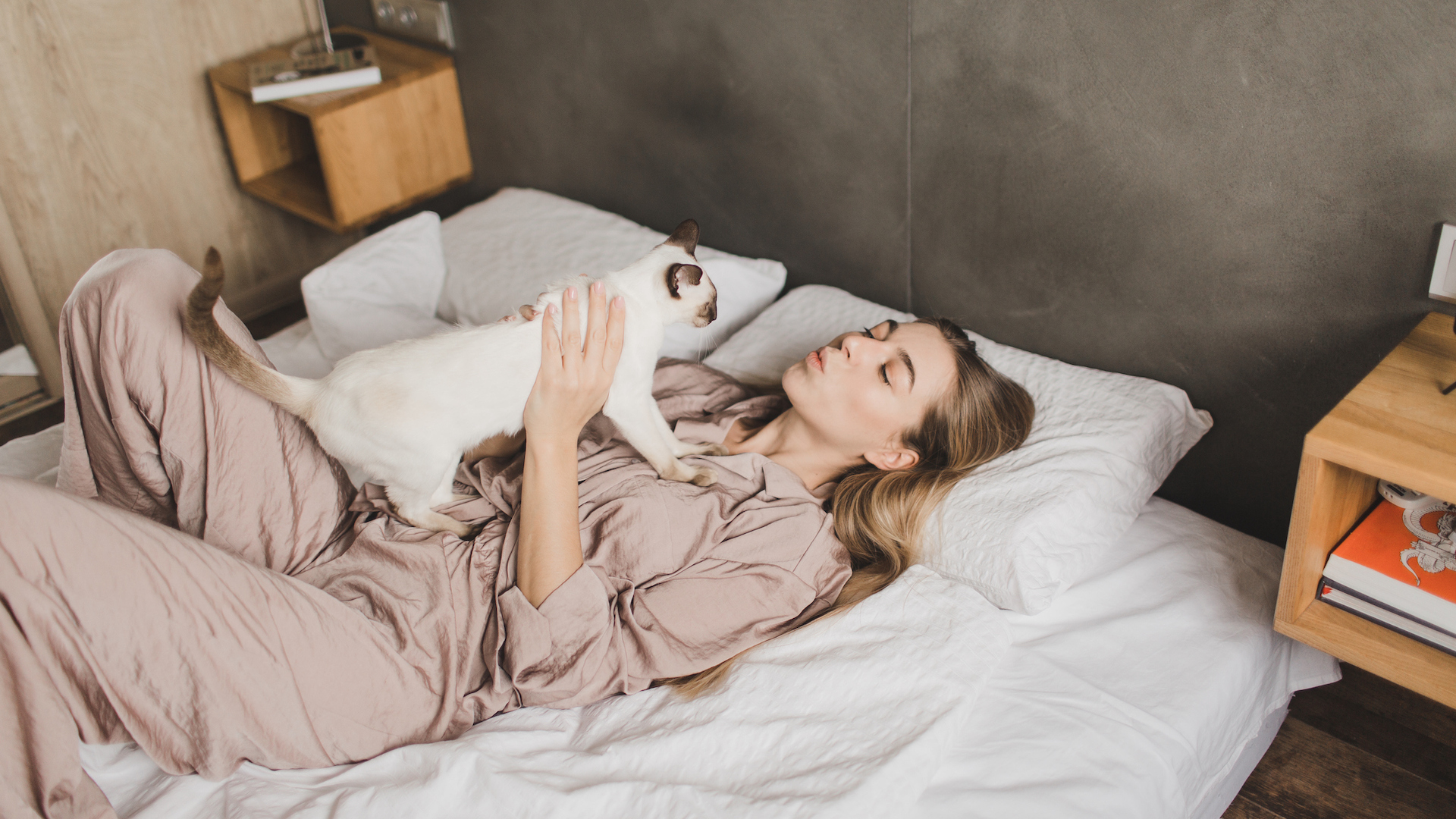
It’s a bit rich, given that a cat typically lies around all day sleeping peacefully, that they take it upon themselves to wake you up early in the morning. This is because cats are crepuscular, so they are most active naturally at dawn and dusk. They may be hungry, or they may just want to play, or they may be cold – warmer temperatures encourage cats to sleep for longer.
8. Allergies
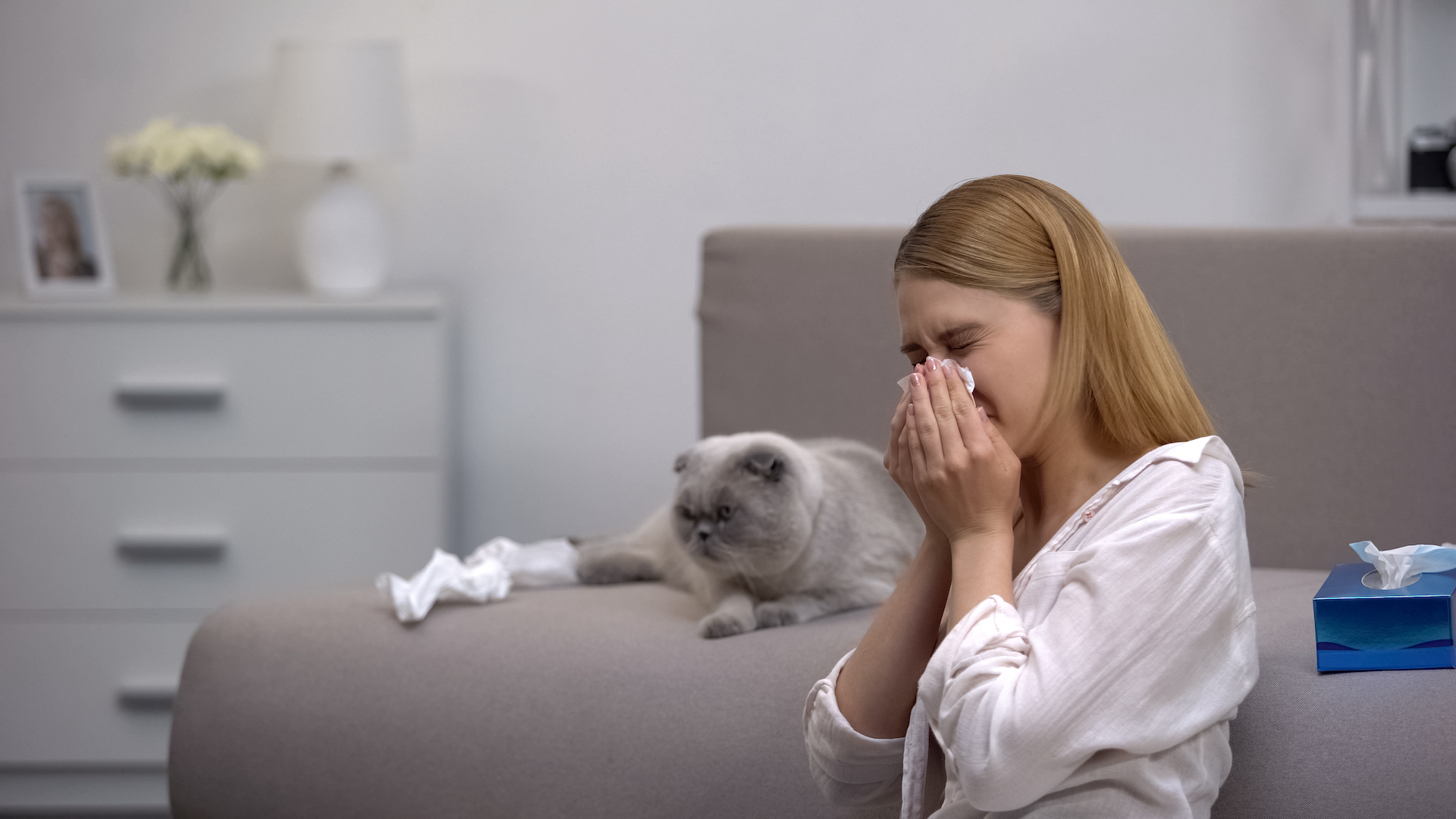
Many people are allergic to cats. It is second only to house dust mites as the most common cause of indoor respiratory allergy. According to the National Institutes of Health, around 10-20% of human adults are allergic to cats, and this figure is on the rise. Among those with respiratory allergies, 20-30% are allergic to cats.
9. Hair and fur everywhere
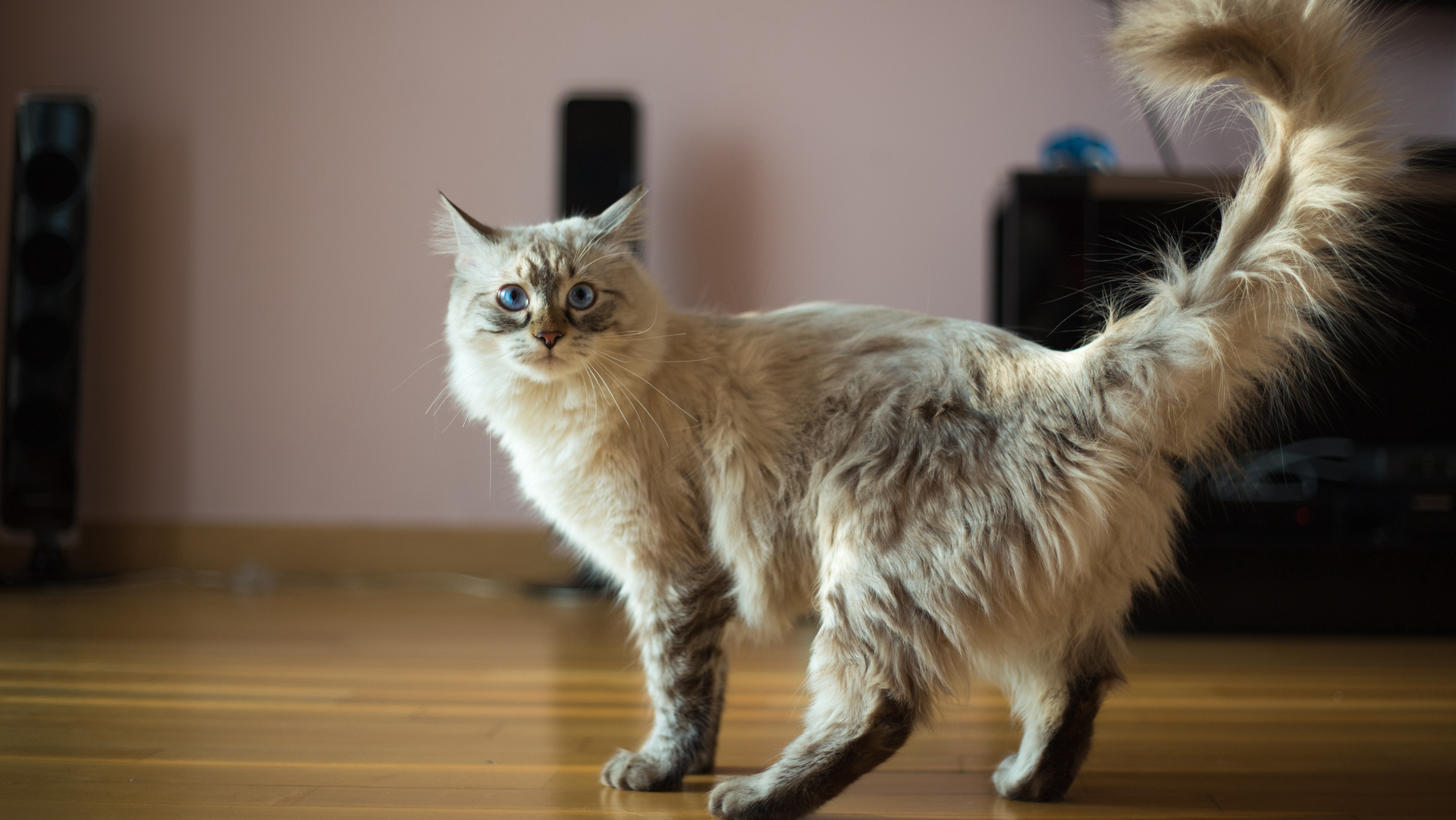
Cats shed and grow new fur all the time, especially as the seasons change. Long-haired breeds, such as Maine Coons, Persians or ragdolls, shed more than short-haired ones.
10. Cat hairballs
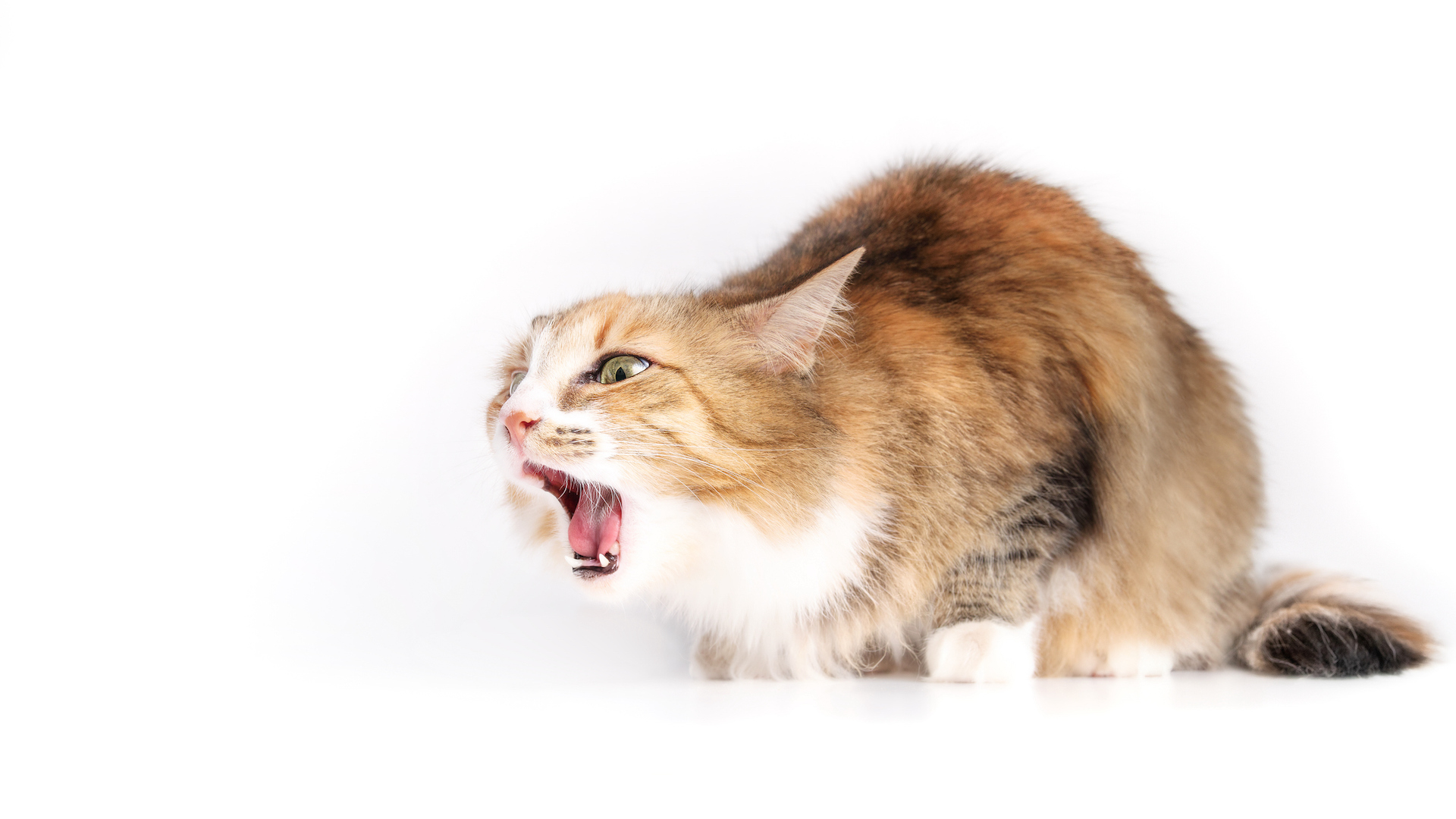
Cats are fastidious cleaners, constantly self-grooming and licking themselves. The downside is that they inevitably swallow loose hair, which leads to cat hairballs – a hideous-sounding concoction of fur and digestive juices that develop in their stomach. They will occasionally start gagging and retching as they try to vomit out the hairball. Once expelled on the kitchen floor, they’ll calmly walk away. No big deal, see?
11. They aren’t really trainable
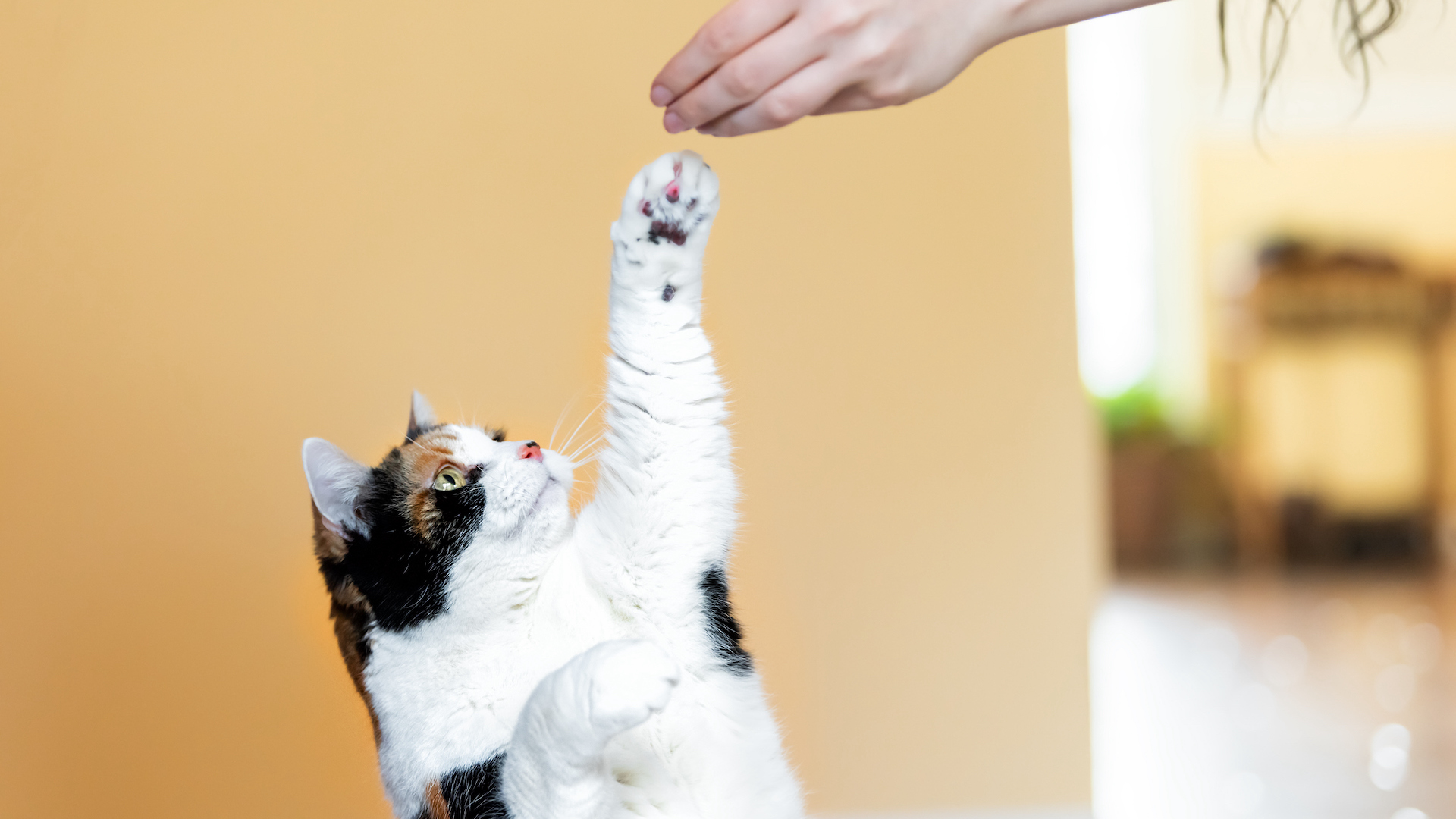
You may think you can train them – they’ll learn to use a litter tray – but really a cat does as a cat pleases. The expression “it's like herding cats” comes from the reality that a cat is naturally independent, stubborn, and goes where and when he wants. Commands and instructions fall on deaf ears.
12. They go AWOL
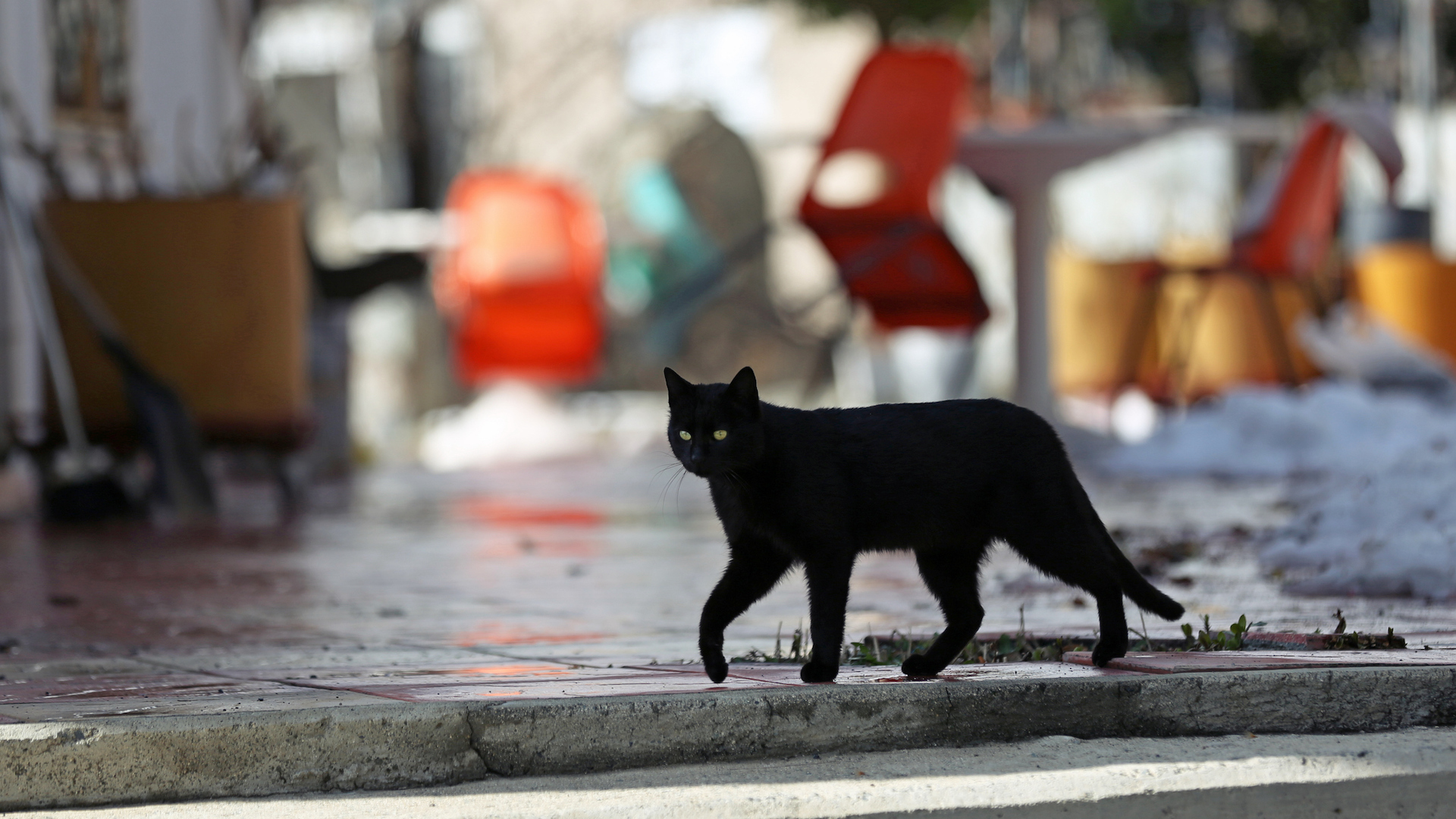
Cats are so independent that they have a habit of wandering off on their own mission, often overnight or even for days at a time. They might be off hunting, mating, and usually come back of their own accord, while you are beside yourself with worry. They are naturally adventurous, curious and predatory animals, and they are blessed with an exceptional sense of direction.
13. Their loyalty is dubious
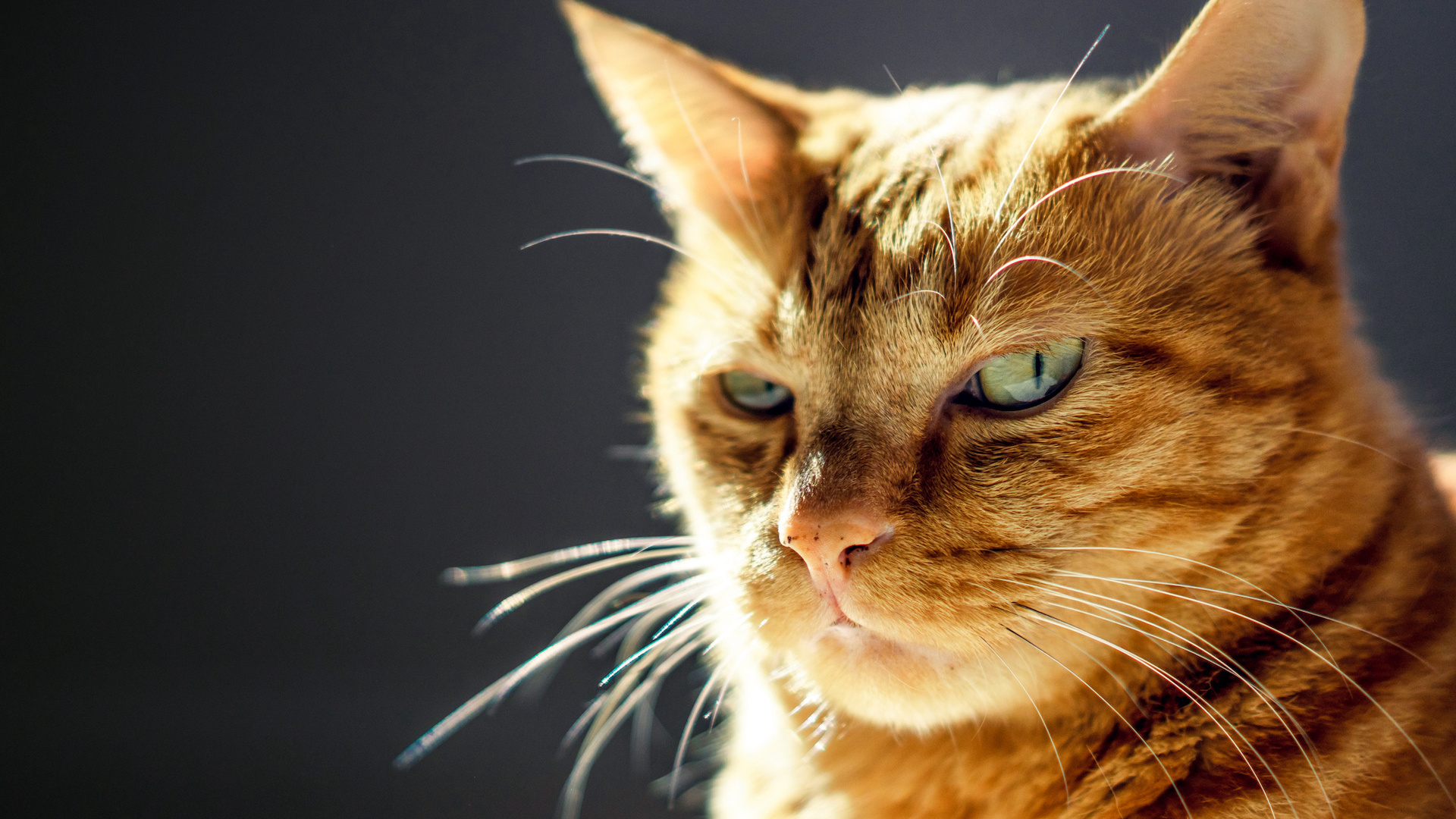
Unlike a dog, cats are much less likely to be dependent and devoted to their owner. Some cats find a new home of their own choosing, simply because a neighbor has been feeding them. Or they decide that the new baby that‘s arrived in your home has caused too much upheaval and they want new digs.
14. Their right to indecision
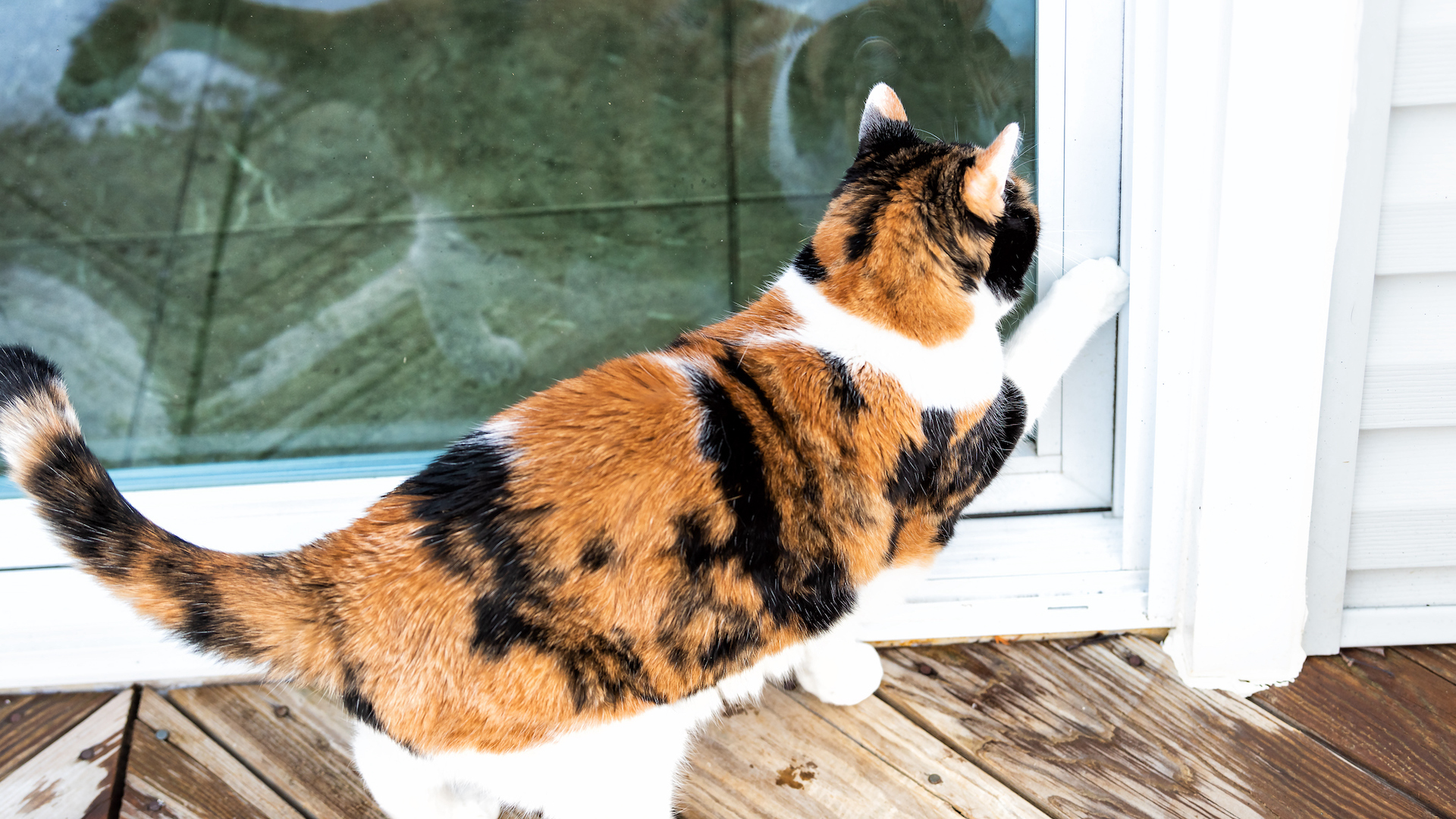
“Let me out! No, I don’t want to go out. Actually I do. Come to think of, it looks cold out there.” Sound familiar? Cats have an irritating habit of thinking the grass looks greener outside and demand you open the door. When you get up from what you are doing to attend to their wishes, they change their mind. And then again, and again, and again.
15. The small-animal massacre
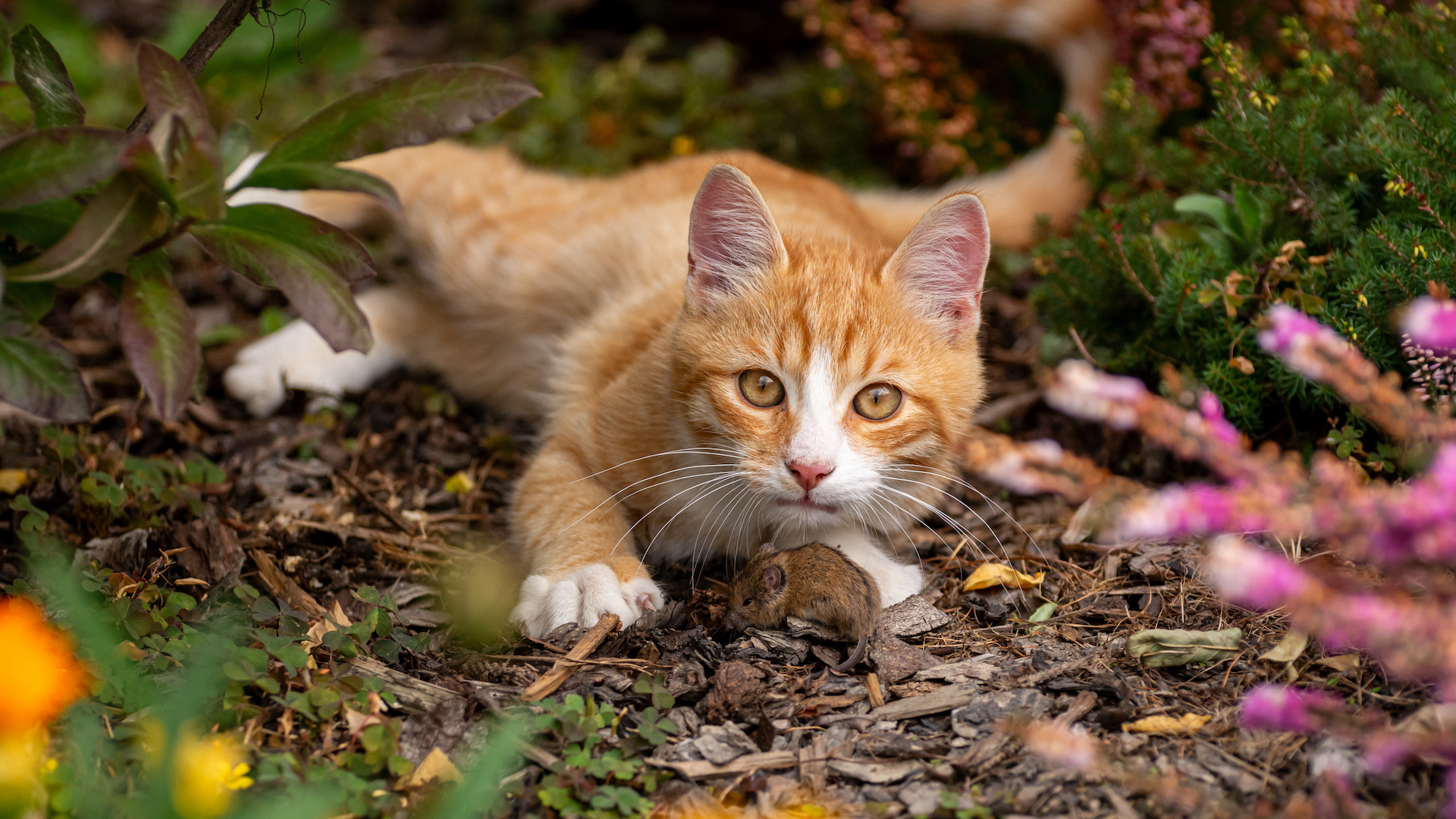
Cats are natural predators, programmed to hunt and kill. While many people get a cat for their mousing instincts, the trail of dead mice, birds and other small animals can be off-putting. A US study estimated that domestic cats are responsible for the deaths of billions of small mammals every year.
16. Their predisposition to boredom
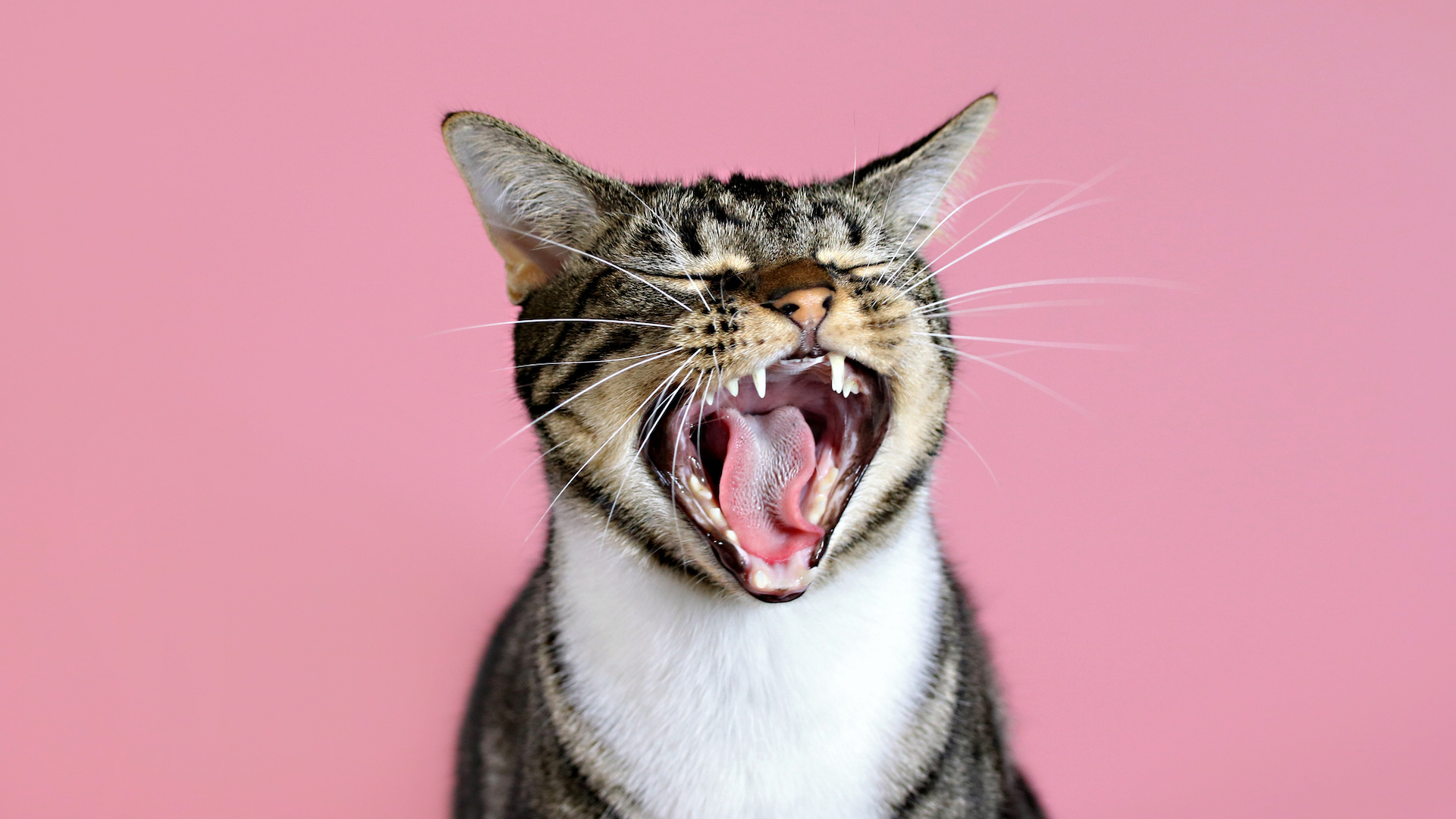
Cats may be independent but they also enjoy company and stimulation. If they don’t have enough to occupy their intelligent brains, they’ll self-entertain, which may mean destroying furniture, messes in the house, whining and so on.
17. A penchant for plants
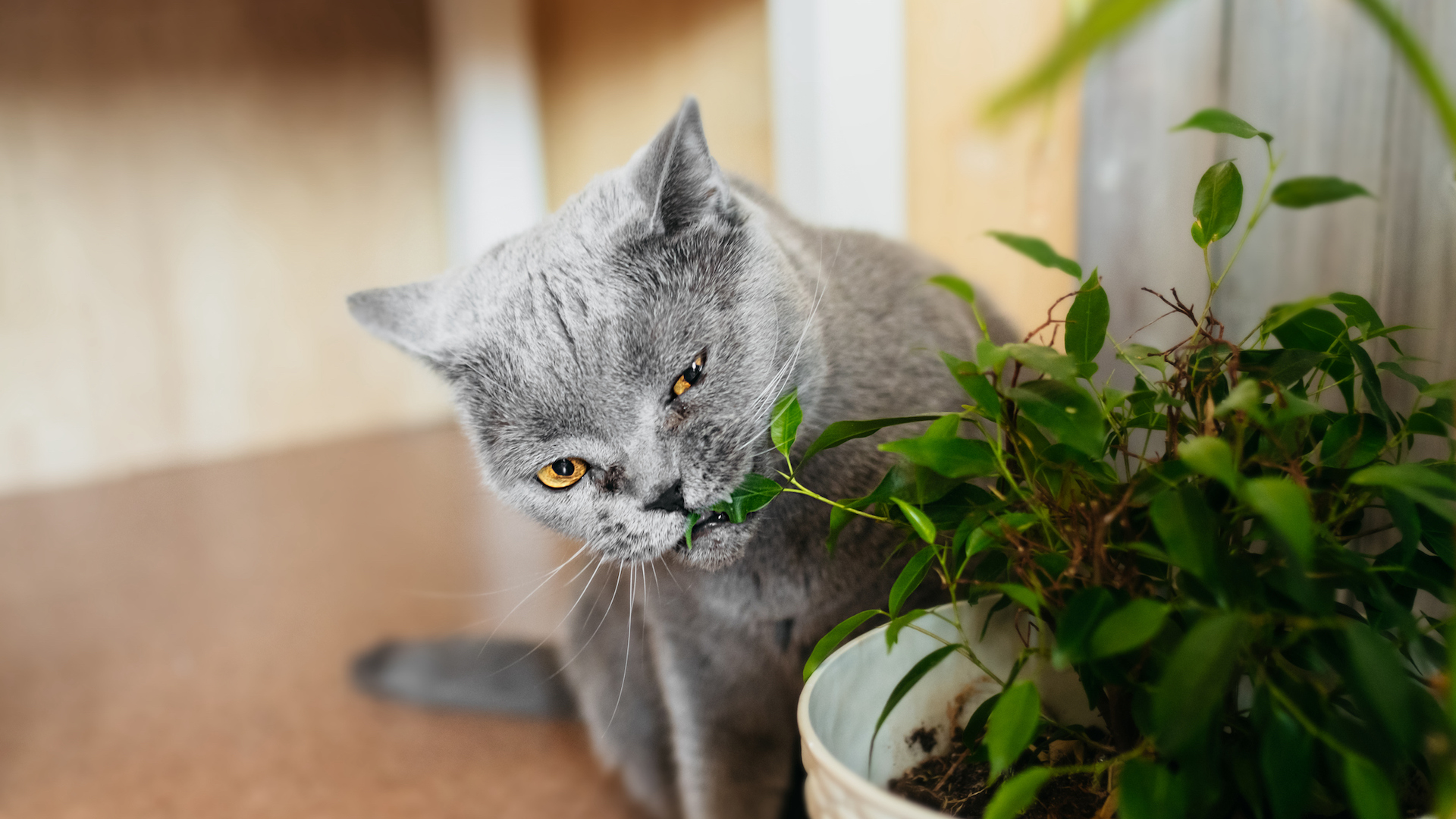
Cats love to chew on house plants. This is not only annoying and ruins the homely vibe you were cultivating, but many plants are toxic and could cause an emergency trip to the vet.
18. Grooming requirements
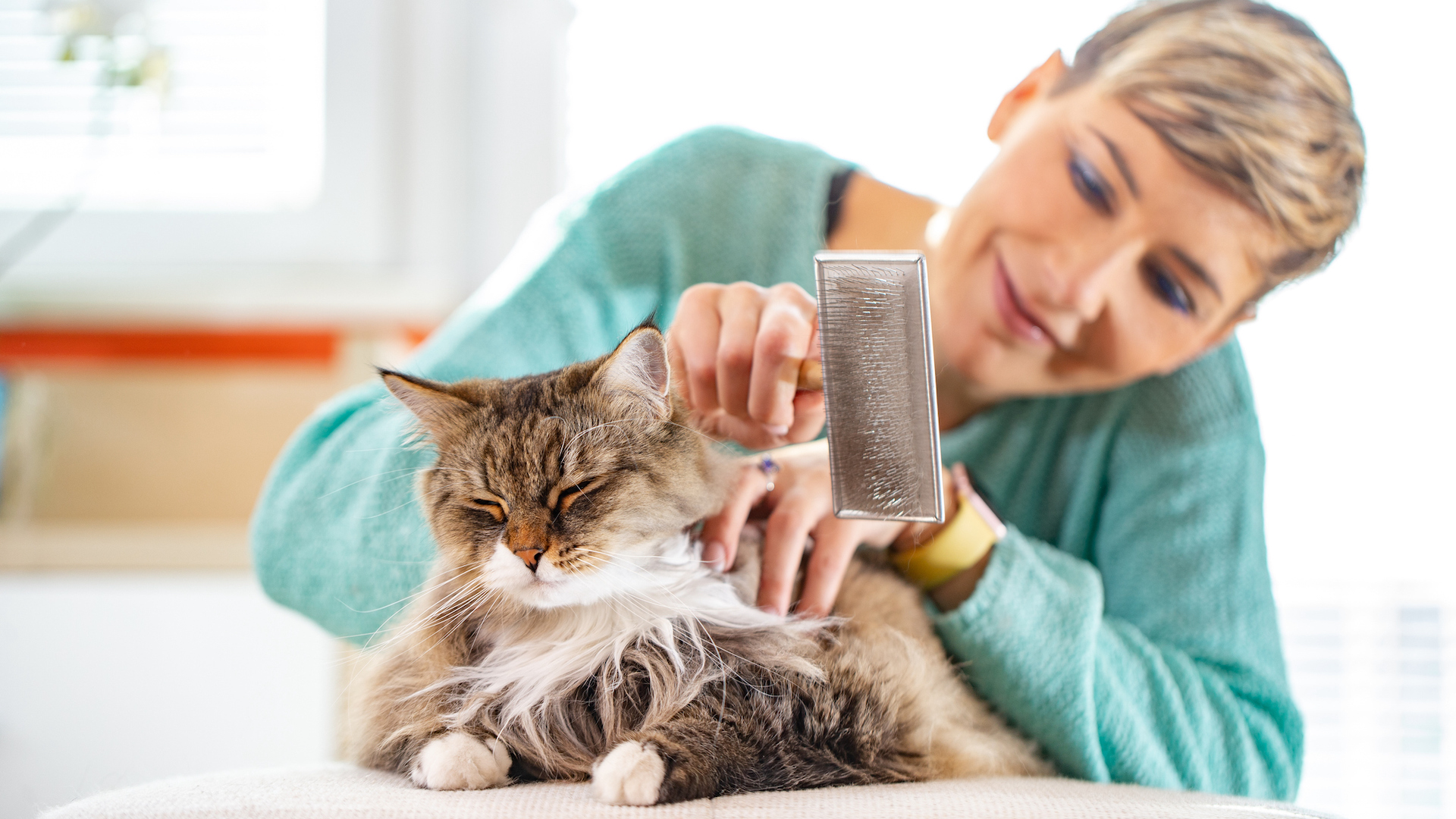
Cats naturally self-groom, but if you want to keep their fluffy coats looking as luxurious as they deserve, you need to arm yourself with a cat grooming brush and brush out their coats regularly. This also diminishes the amount of hairballs that form when they swallow loose hair. This is especially true for long-haired breeds such as Ragdolls or Maine Coons.
19. Mood swings
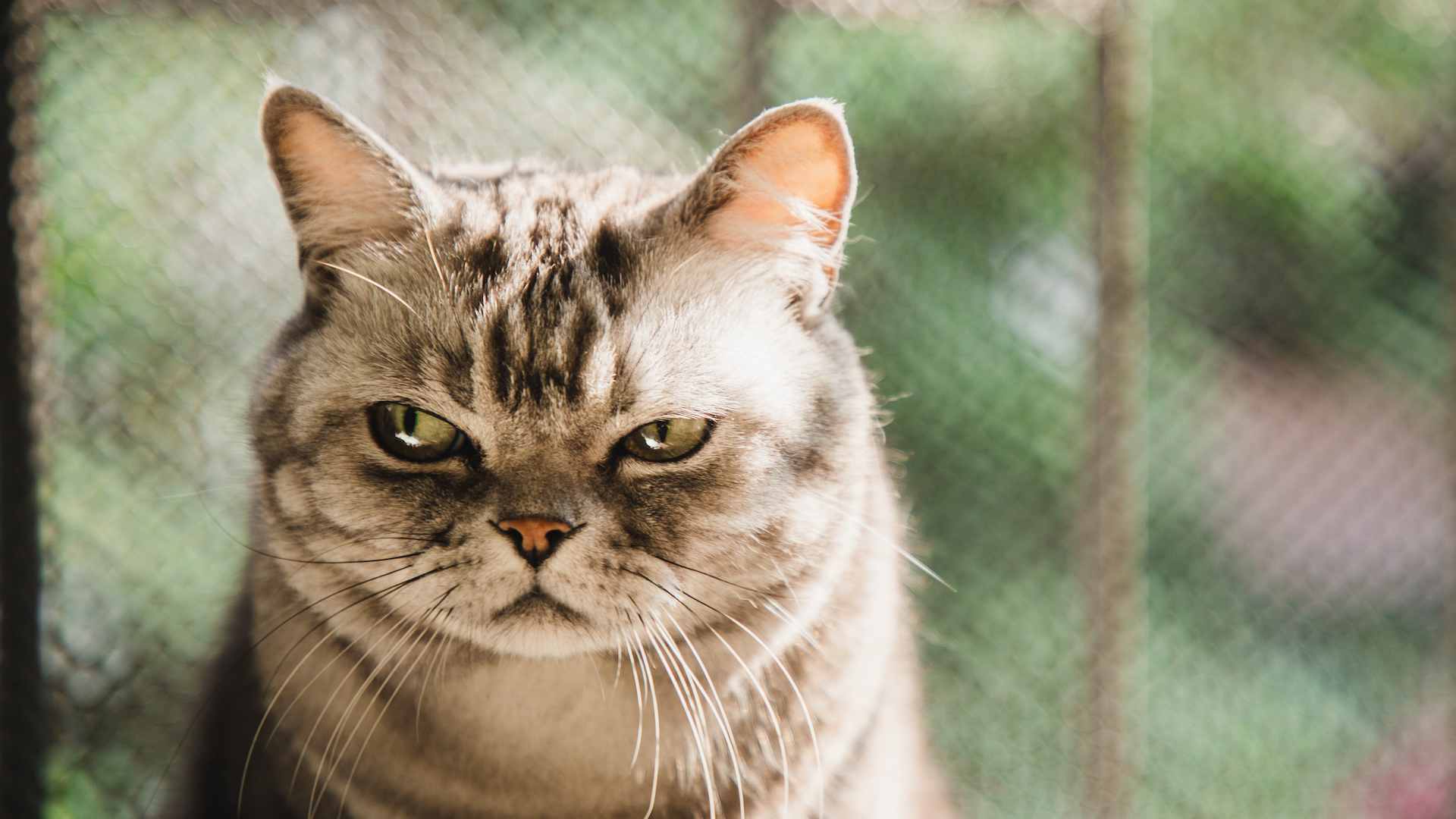
Cats decide when to be affectionate and when to be grouchy. Sometimes they purr, other times they hiss. There are days when they want to be on your lap, and moments when they will scratch you. Their mood swings are capricious and completely unpredictable.
20. The whining
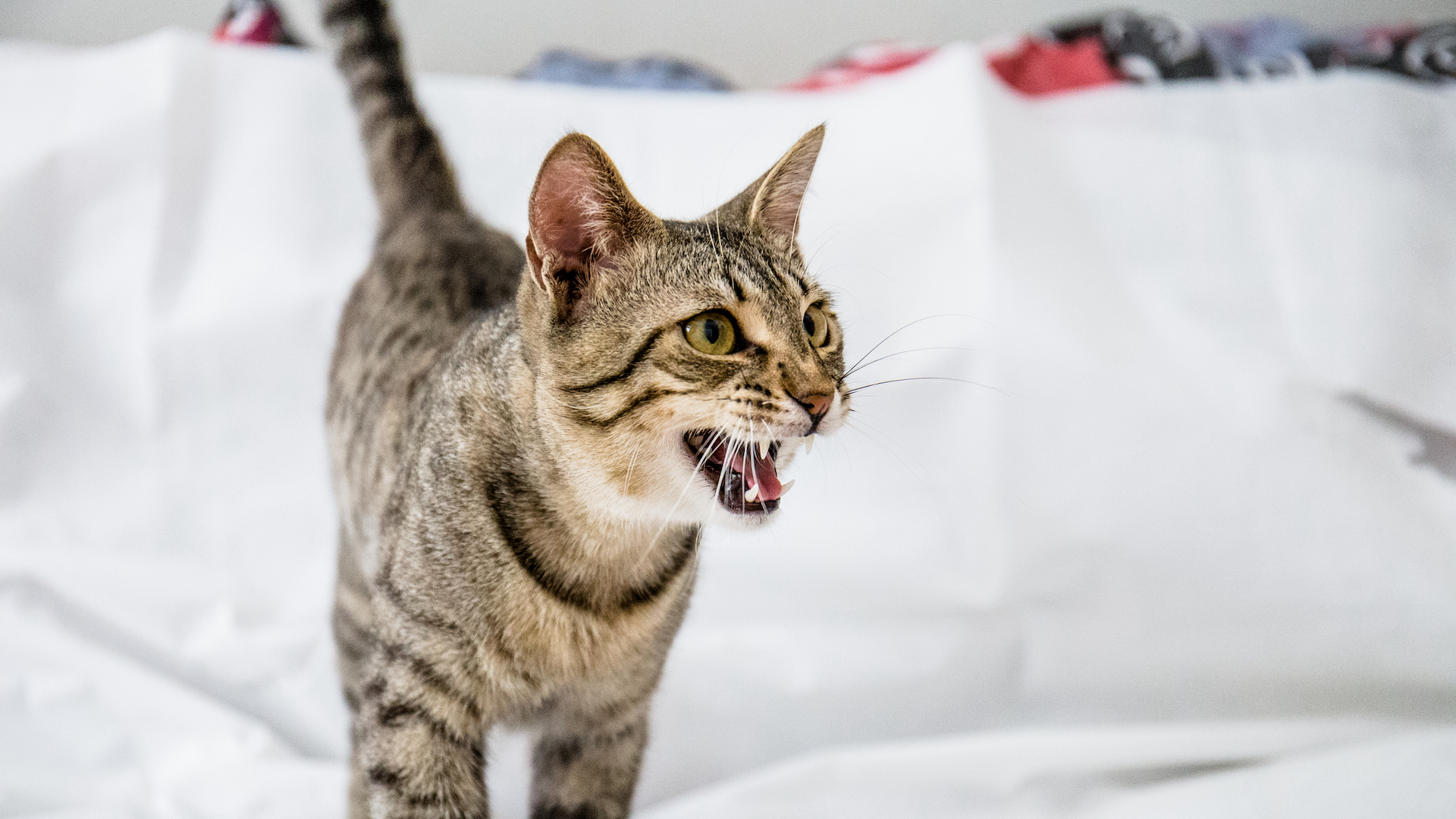
Cats are very communicative vocally. They meow for positive reasons, such as in greeting, but they also demand to be let in, and let out, they want attention, they want food, they want friends. Elderly cats may also start meowing for no reason at all – a feline version of dementia.
21. Attention-seeking
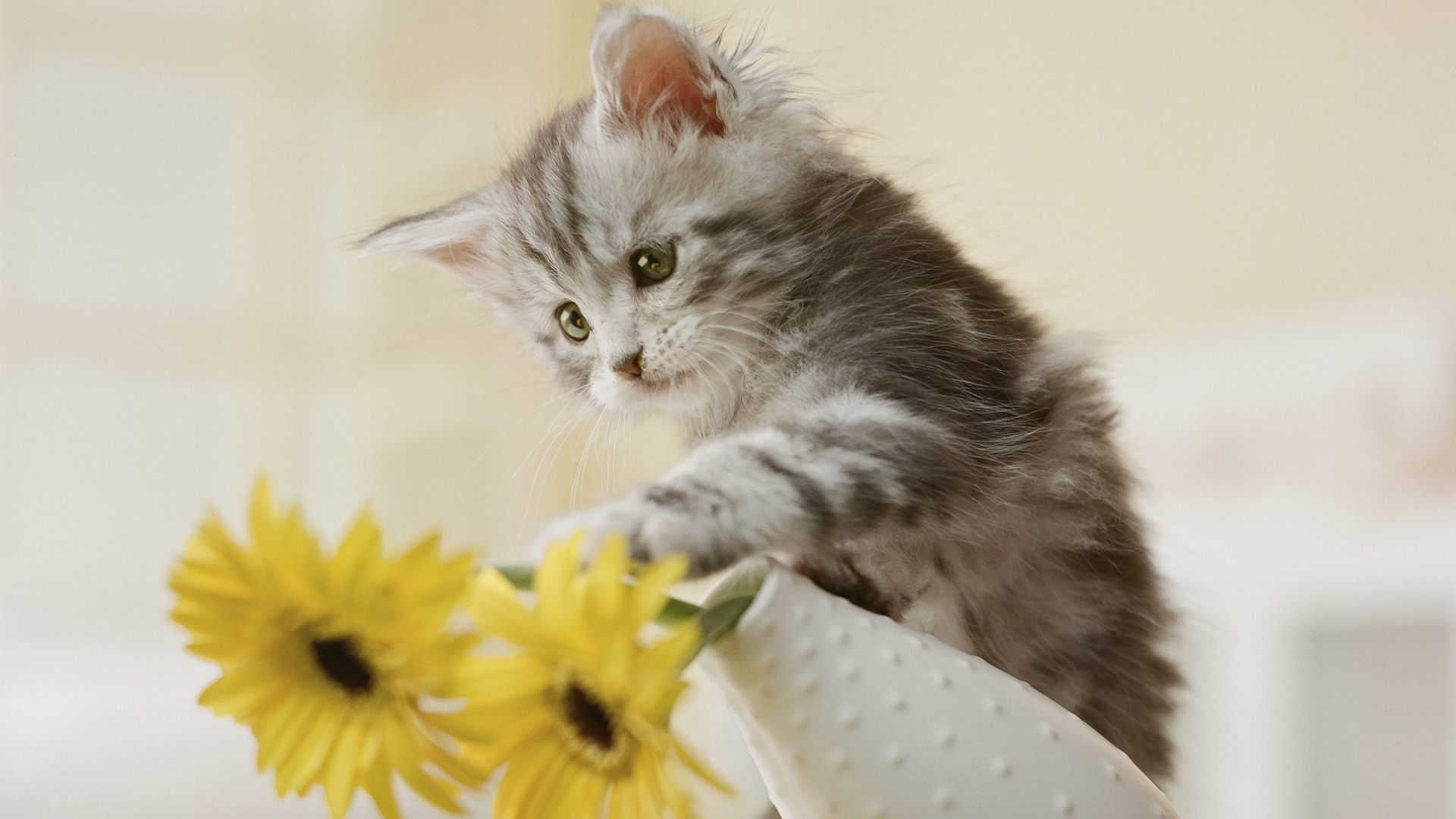
Cats start by meowing when they want you to do something, and then they yowl for you to give them attention. It’s their way of letting you know they are bored and need you to entertain them. Or they derive great joy in pushing stuff off surfaces for you to pick up.
22. Stick their bottom in your face
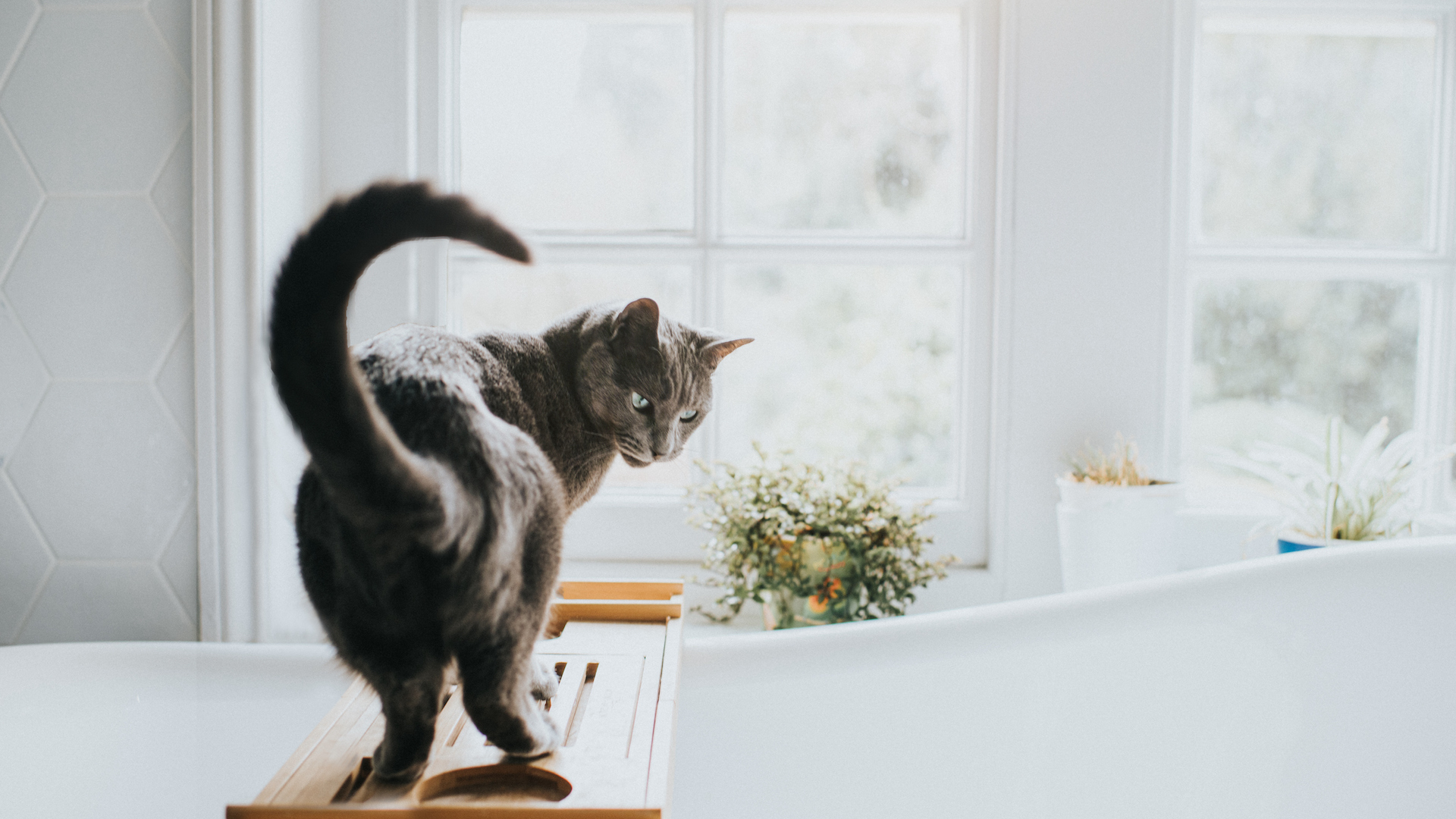
Bizarrely, a cat presenting you with his tail is his way of telling you that he trusts you. You may not want his bottom in your face when he jumps into your lap but that high-held tail position is a feline sign of friendship.
23. Cat pee
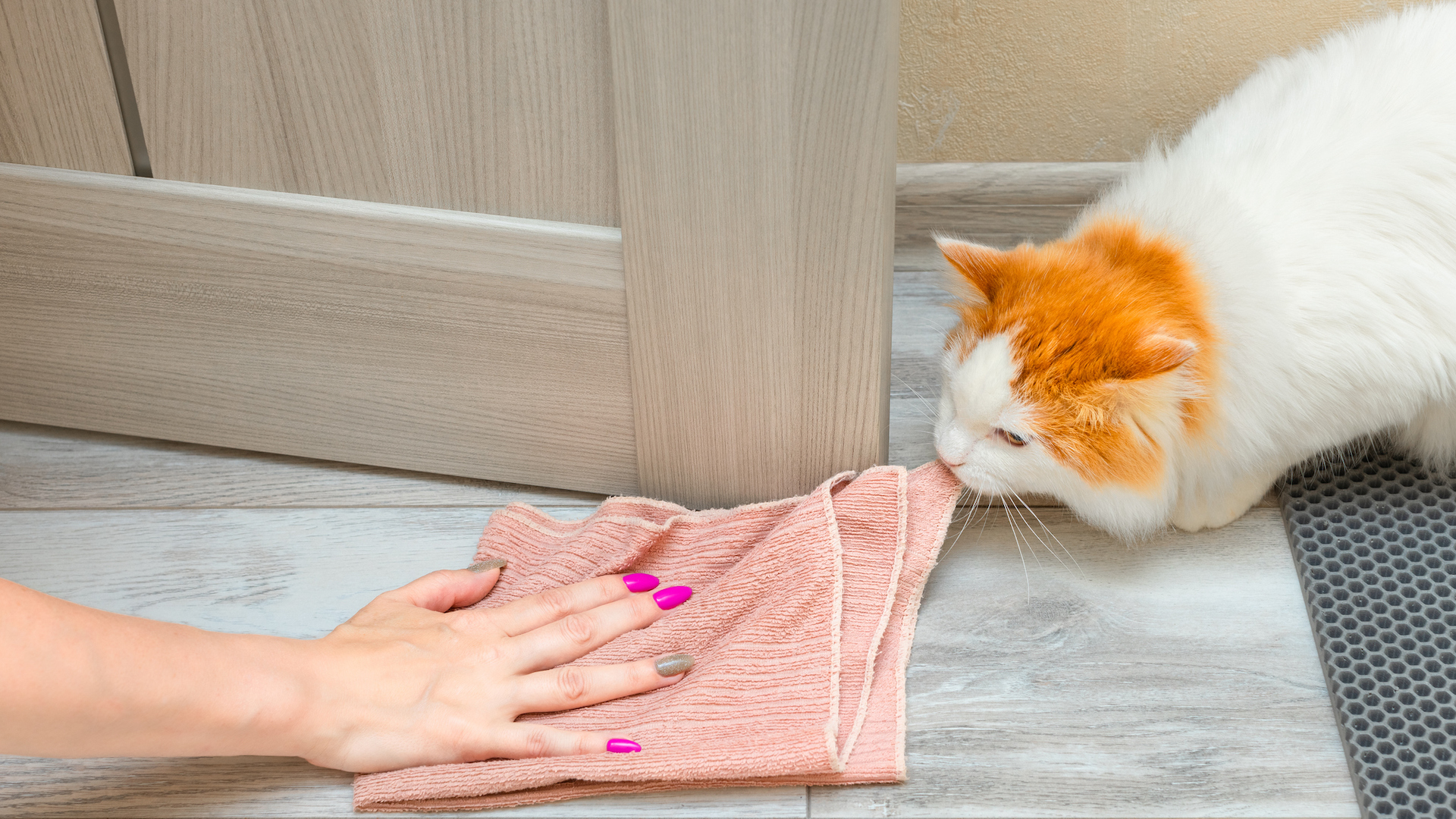
Cat urine may not actually smell any worse than any other animal’s pee, but it certainly has a bad name. In short, any urine left uncleaned smells terrible as bacteria decompose the urea. The snag with cat urine is it often goes undetected, as cats are stealthy and don’t make such an obvious scene as dogs do. It’s also one of their methods of marking their territory outside the litter box.
Male cats and elderly cats’ urine smells the worst due to hormones in the former and less efficient kidneys in the latter.
24. They don’t need you
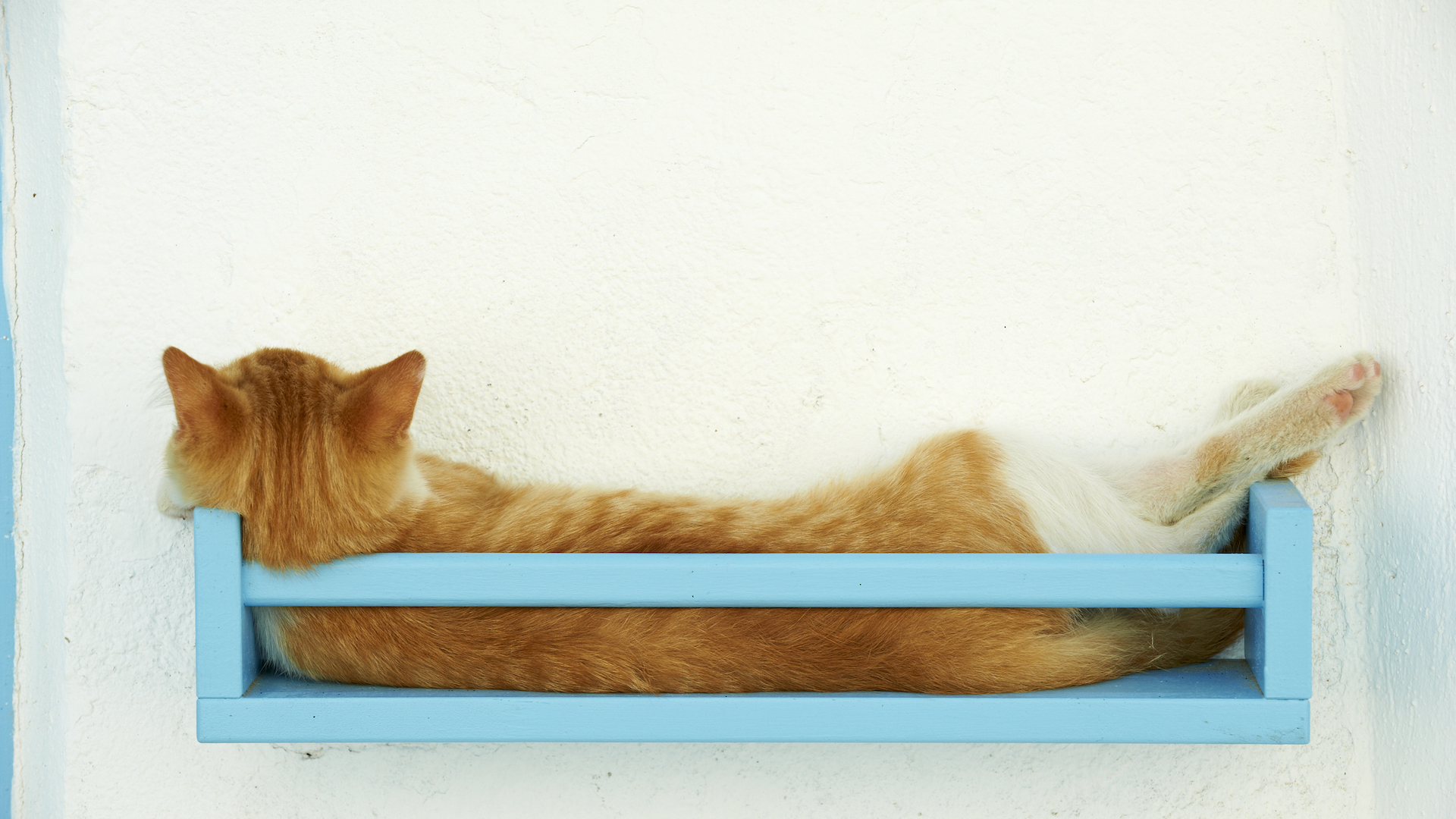
Cats may tolerate cuddling, and even give away how much they are enjoying it by purring. However, don’t be fooled into thinking they actually need you. A cat is wonderfully independent, he can hunt his own dinner with aplomb, and generally fend for himself. He might demand you feed him if you’re around, but of course, he’d be perfectly fine without you.
25. There’s no rulebook on cats
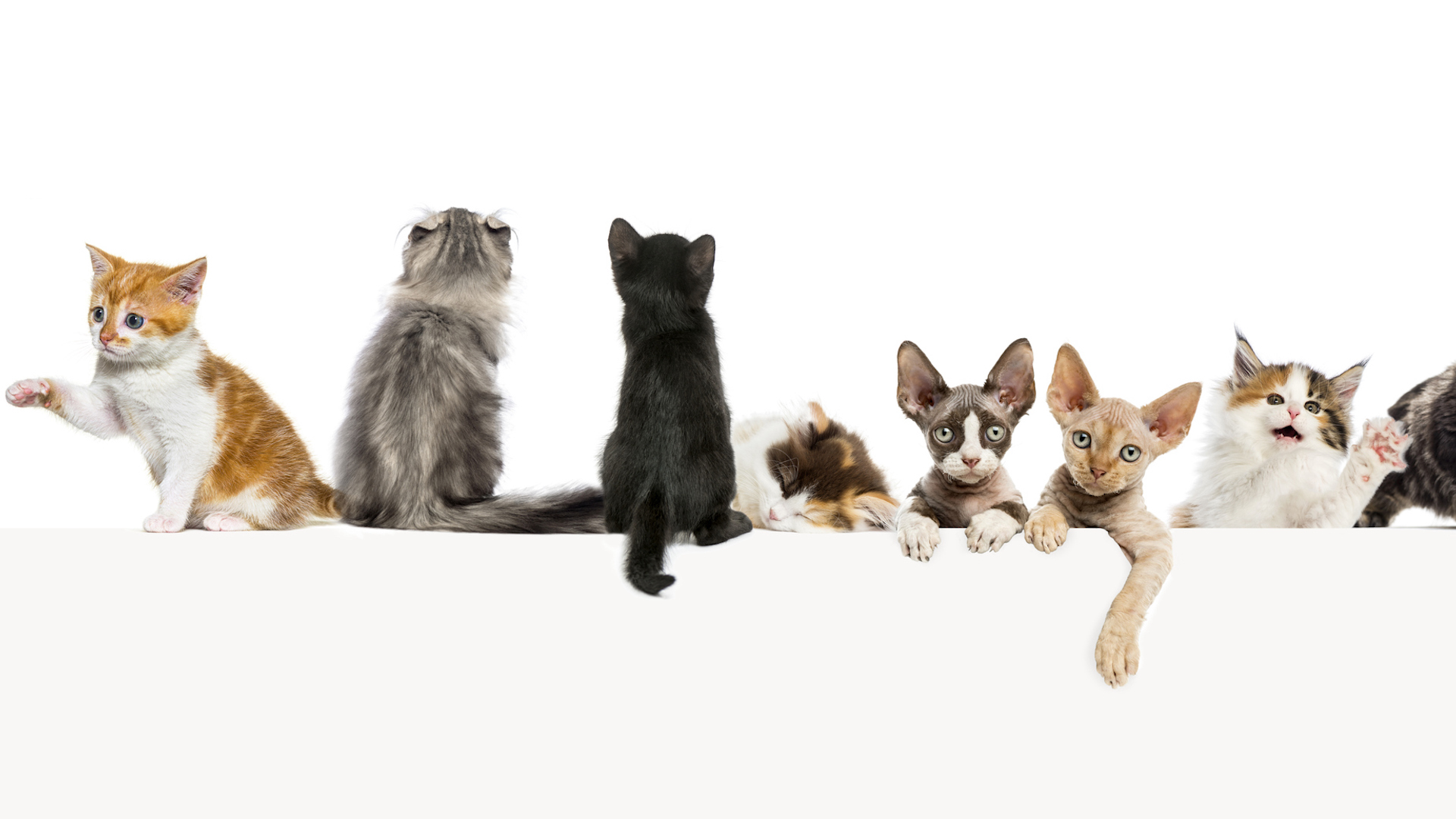
Just because you’ve had one cat or even five, you’re no expert. You can have 20 different cats in your lifetime and they will all be different, have different habits, different interests, and different ways of treating humans.
26. Not everyone likes cats
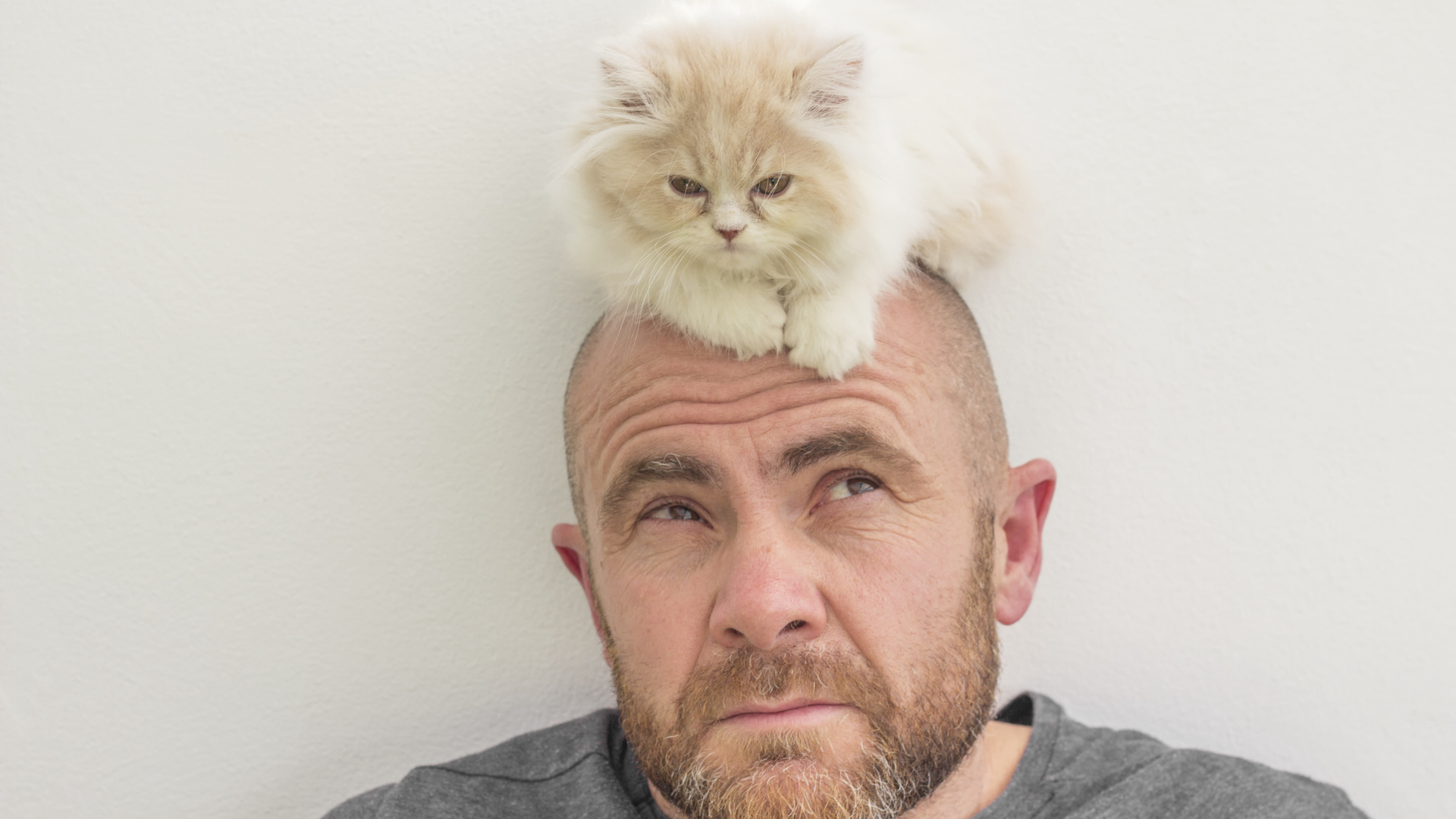
This isn’t just because a minority are allergic to cats – there are a divisive pet and you might have fewer friends visiting because they do not like your cat. Some love them, some loathe them.
27. They trip you up
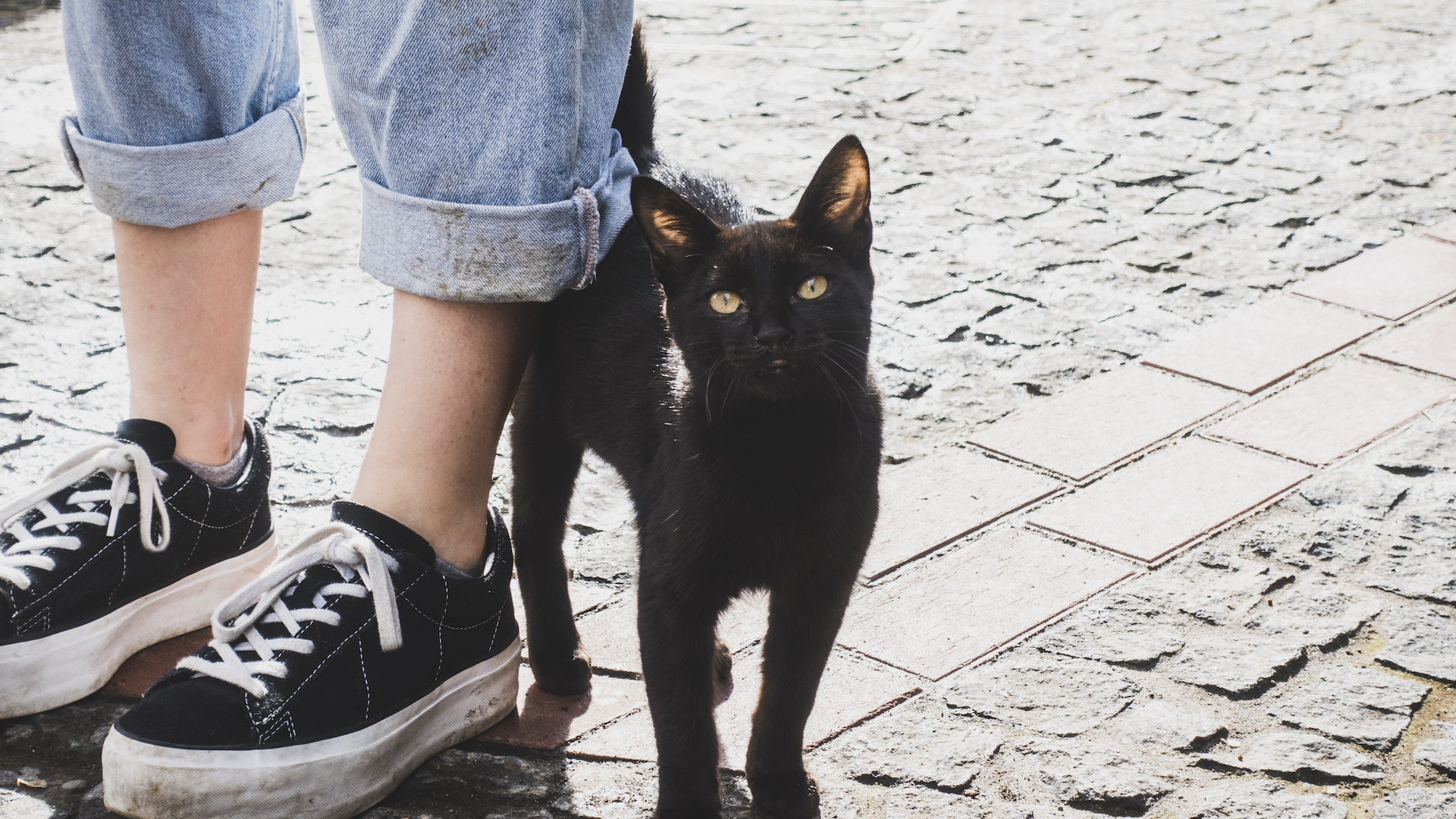
Cats love to rub against human legs, whether or not the person appreciates it. It’s thought to be a way of marking their territory, placing some of their scent on your body, but it’s downright annoying when you’re trying to walk around with a furry thing weaving in and out of your ankles.
28. They don’t like water
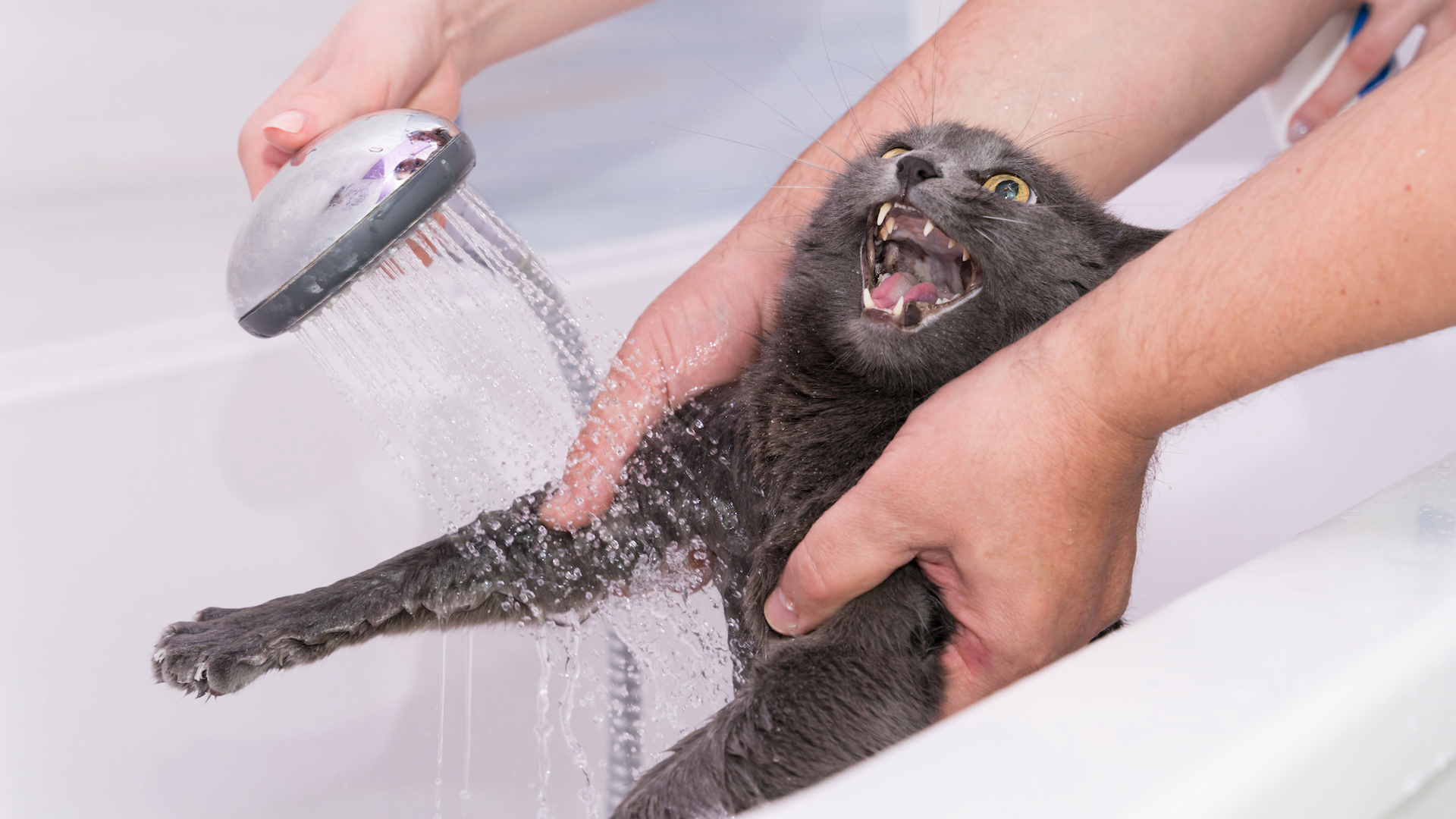
Most cats avoid water (though they do like running faucets). Some are curious about it and can actually swim, but as a general rule they do not like getting wet – all that lovely fur does look miserably bedraggled after a soaking. This is a pain when they do roll in something stinky and you have to manhandle them into the bath. Mercifully they are pretty good at keeping themselves clean, so there shouldn’t be too much need for it.
29. They are contrary
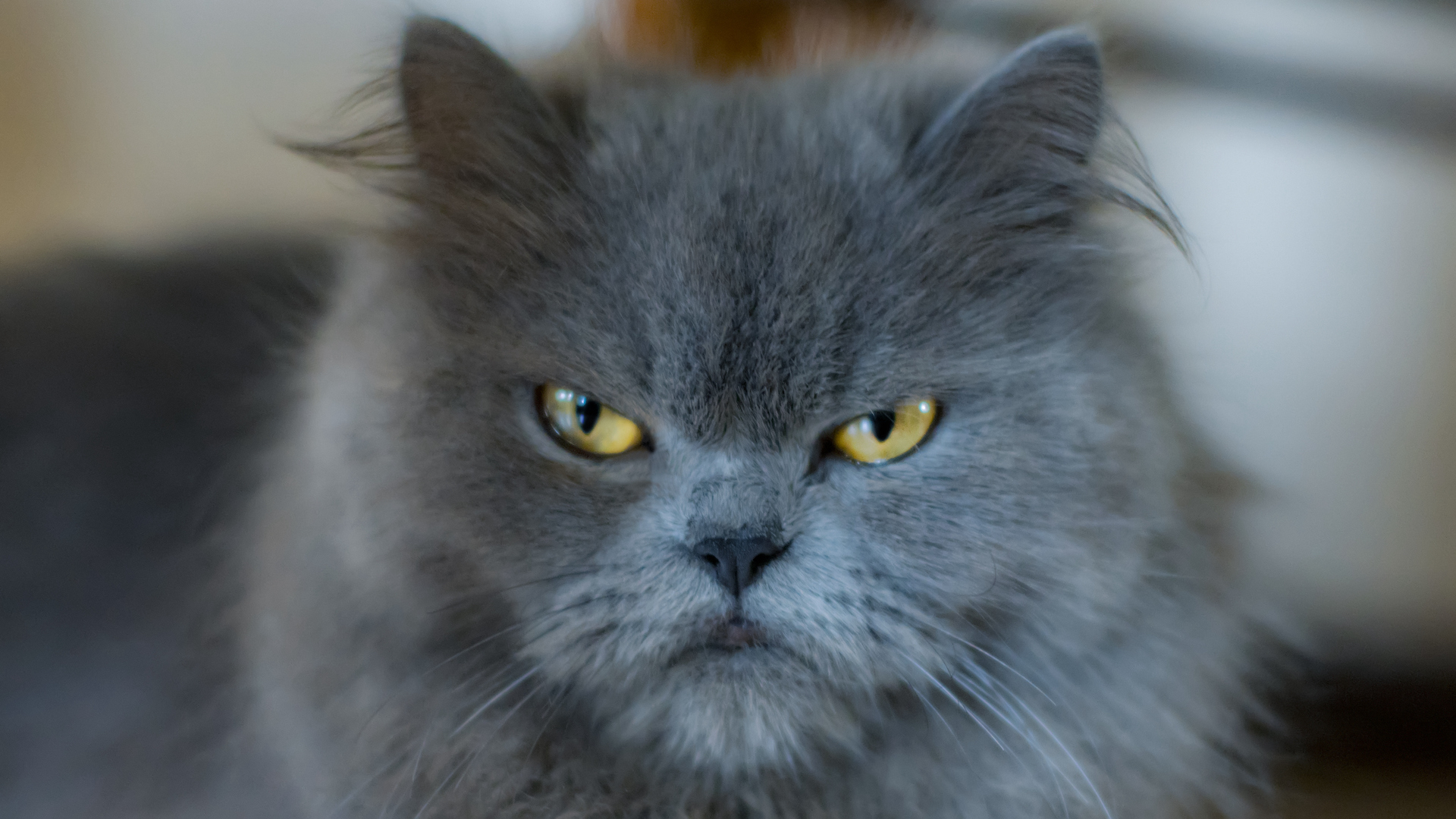
Always expect the unexpected. They like being stroked, until they jump up and scratch you. They love being clean, but they hate water. They look fluffy and adorable, but they’re natural-born killers. They want to go outside, but they want to stay inside. Just go with the flow...
30. Headbutting
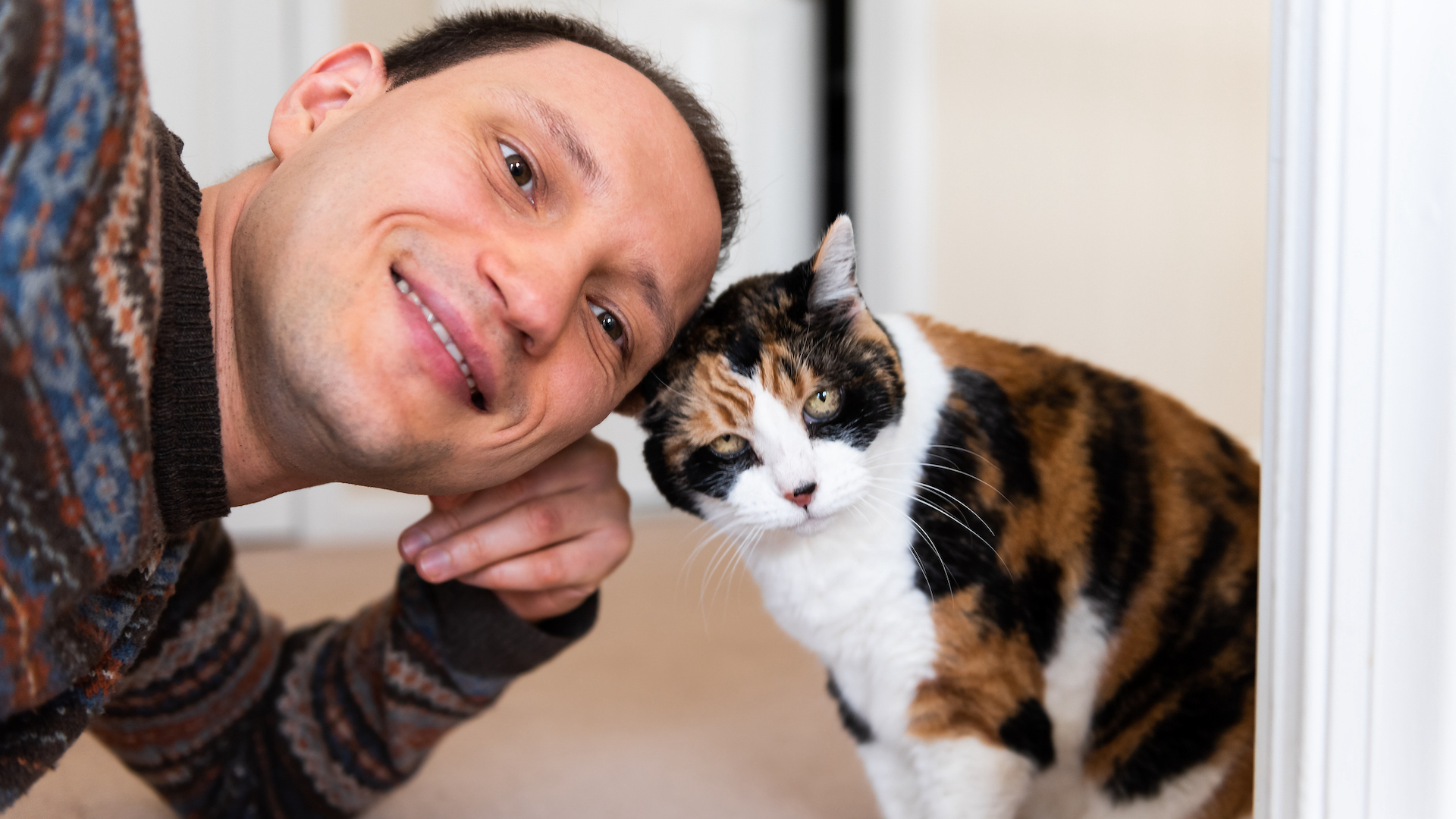
This sounds worse than it is! Although you might get bumped at any unsuspecting moment, it’s really an affectionate move. Also called “cat bunting”. this is a distinctive feline behavior that helps them self-soothe and create bonding. They bump their head against you and then rub, releasing pheromones that help mark you with a scent, signifying you as one of their colony.
31. The ultimate interrupters
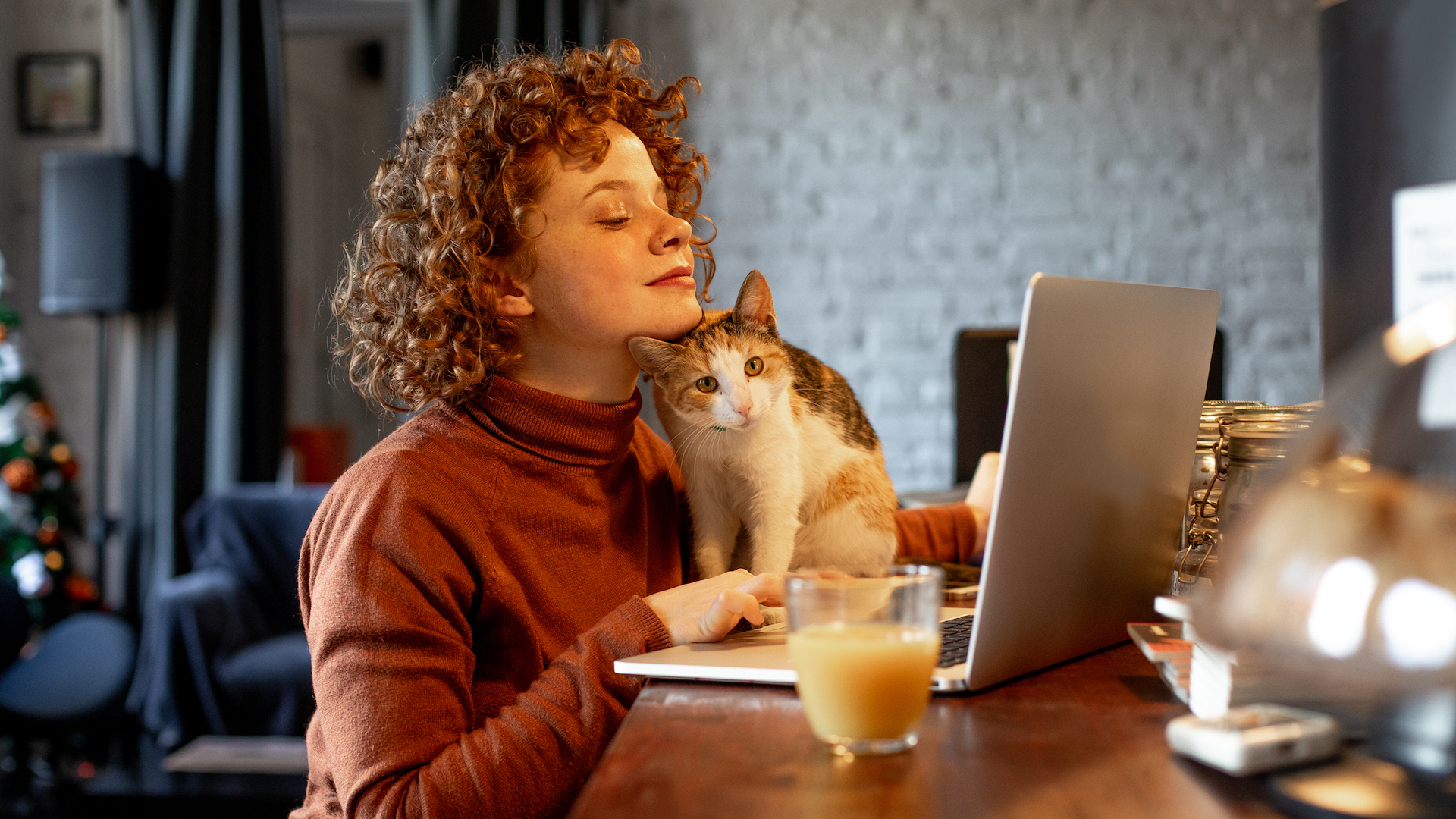
When you’re talking to a friend, they jump on your lap and meow; if you’re on the phone, you find them pawing your arm. When you’re trying to work, they curl up on your keyboard. The trouble is that they’re cute to say no.
32. The final day
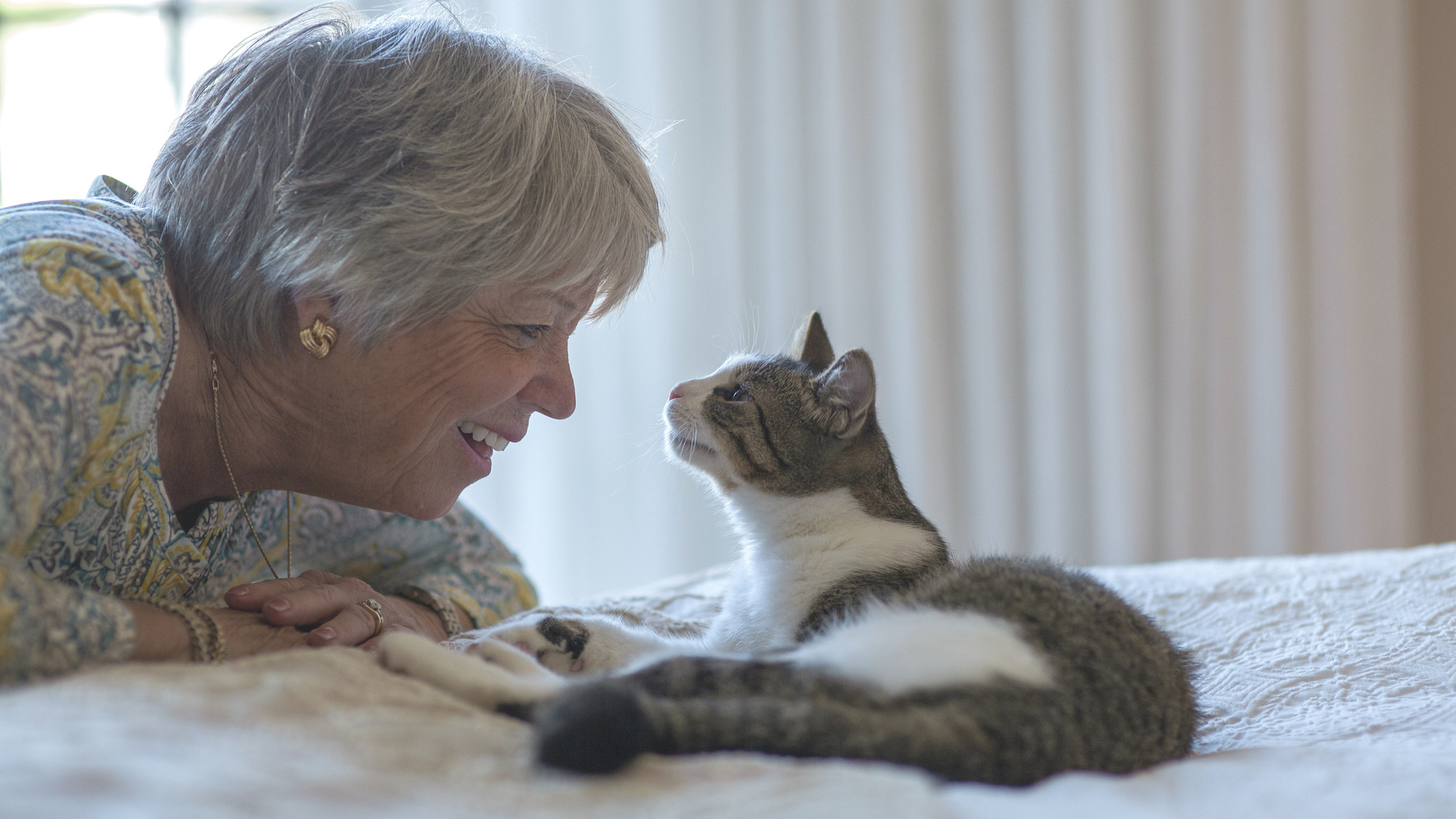
The worst thing of all about owning a cat is the day they die. At an average of 13-14 years, cats have a much shorter life expectancy than humans, so feline bereavement is something that most cat owners have to cope with, and it really, really hurts.
Enjoyed this? Check out 32 little known facts about cats and dogs.
Martha is an experienced journalist working in both print and digital media. She specializes in the canine, equine and rural sphere where she has covered a wide range of topics from cloning animals and the ingredients for a perfect yard dog, to helping owners find the best canine GPS trackers on the market. When she’s not busy writing about dogs and horses, she’ll be found either aboard a horse or looking after the menagerie of pets in her care.
